Srirangam Ranganathar Temple / Sri Ranganathaswamy Temple / Srirangam Temple, Srirangam in Trichy – Most Famous 108 Divyadesams Temples of Lord Vishnu – Visit, Travel Guide, Timings, History, Garuda Sevai Festival Video (Updated)
– famous lord vishnu temple in south india
Srirangam Ranganathar Temple / Sri Ranganathaswamy Temple in Srirangam, Trichy is one of the 108 Divyadesams – Temples of Lord Vishnu. Sri Ranganathaswamy temple is also famously called as the “Thiruvaranga Tirupati”, “Bhogamandabam”, “Bhoologa Vaikundam”, “Periyakoil” is the temple of Lord Ranganathaswamy – the Lord Vishnu, who blesses the devotees in the resting form on the coils of Adi Sesha / Anantha – the snake vahana / vehicle near the by rivers Cauvery and Kollidam. The Srirangam Ranganathar Temple follows the Thenkalai tradition of Lord Vishnu worship. It is also the world’s largest functioning Hindu temple spread over a 155 acres complex is Srirangam temple. This temple is known for its tremendous architectural style.
The name “Arangam” literally means island in the Tamil language, which is called “Thiruvarangam” – which means the Respectful Island, because of the gracious presence of Lord Vishnu.
Srirangam Ranganathar Temple is known to be the most important 108 Vaishnava Divya desams or Vishnu temples. The term “Divya” means “divine brilliance” and “Desam” means “place”.
Out of 108 Vaishnava Divya desams – Lord Vishnu temples 105 are located in India, one in Nepal, and two are historically located beyond earthly realms, one is the “Sri Vaikundam”, another one is the “Thiruparkadal” – which are the official abodes of Lord Sri Vishnu. It is believed that Tirupalkaddal is the ocean of milk and Paramapadham – the SriVaikundam is where Lord Narayana/Lord Mahavishnu presides.
Srirangam is also considered as one among the eight Swayam Vyakta Kshetras – the self-manifested shrines of Lord Sri Vishnu. According to Sri Vaishnava philosophy, the eight Svayam Vyakta Kshetras of Lord Vishnu are:
1. Srirangam Temple
2. Srimushnam
3. Venkatadri Temple
4. Saligram Temple
5. Naimisaranyam Temple
6. Totadri Temple
7. Pushakara Temple
8. Badrinath Temple
History of Srirangam Ranganathar Temple / Sri Ranganathaswamy Temple:
Srirangam Ranganathar Temple / Sri Ranganathaswamy Temple is one of the most illustrious Vaishnava temples in south India with very rich historic importance.
This temple is noted in the Tamil epics like “Silappathikaram”, “Nalayira Divya Prabandham”, and in various famous epics. The temple houses the ancient inscriptions in languages like Tamil, Sanskrit, Telugu, Kannada, Marathi, and Oriya.
According to the Puranas, the shrine is supposed to have risen out of the Paarkadal with the power of Lord Brahma. Initially, the Sun god Surya after him Vaivasvata Manu performed pooja and worshipped the Lord Narayana Idol.
After Vaivasvata Manu his son Ikshvaku, who became the King of Ayodhya placed the shrine in his kingdom and worshipped it. In the Solar dynasty / Ikshvaku Dynasty later Lord himself appears in his incarnation as Lord Ramachandra.
Lord Rama presented a small idol of Sri Narayana to Vibishana to worship in Sri Lanka. Vibishana was a great devotee who had come to the coronation ceremony of “Sri Rama”. Rama gave the idol to Vibhisana with one condition, to not keep it on earth.
On his way back to Sri Lanka to get a bath in River Kaveri / Cauvery, Vibishana rested the shrine at a holy place called “Chandra Pushkarini”. After his bath, when he tried to lift the Lord Vishnu Shrine, it did not move and the shrine got rooted there. Vibishana tried to get back the shrine, but Lord itself appeared before him and said he wished to stay on the banks of the river Kaveri / Cauvery.
The Kaveri / Cauvery river is also considered greater as she holds Ranganatha in 3 places Sri Rangapatnam, Madhya Rangam near Shivanasamudra falls, and Srirangam.
Rama himself worshipped this deity in Ayodhya Kingdom and so the deity came to be also known as “Periya Perumal”.
Sri Ranganathaswamy Temple is one of those rare temples of India where Lord Vishnu is facing south.
The Srirangam Temple is one of the grandest and most illustrious temples in South India. The inscriptions in this temple are linked to the great rulers of South India – the Chola, Pandya, Hoysala, and Vijayanagar dynasties who ruled over the region. The original construction of the temple dates back to the Chola dynasty. Dharma Varma Chola takes the main part in Srirangam Temple after there are inscriptions of Kilivazhvan Chola who also took part in reconstructing the temple.
Importance and Significance of Srirangam Ranganathar Temple / Sri Ranganathaswamy Temple:
The uniqueness of the Srirangam Ranganathar Temple / Sri Ranganathaswamy Temple town is sapta prakaram which is also known as Thiruveedhi, which is a temple enclosed with thick seven concentric rectangular walls. The seven praharam of Srirangam temple relates to seven sapta lokas.
First is called the “Bhoolokam”, that area is full of houses and shops. The second is the Bhuvarloka, Thiruvikraman Thiru veedhi street. Next is the Suvarlokam, Kilichozan or Agalangan Thirvedhi Street and next Maharlokam, Thirumangaimannan street or Alinadan Thiruveedhi. Janolokam, Kulasekaran Thiru veedhi and Thapolokam, Rajamahendr chozan Thiru veedhi. Seventh – the final one is called the Satya Lokam – the Garbha graham, Dharmavarma cholan Thiru veedhi. The main deity Sri Ranganadhar faces the south side, so the parikrama also starts from the south entrance of the 7th prakaram. These walls, which measure about 32,592 feet in length, enclose the entire sanctum’s Sanctorum. It is also the only temple in the world to have seven enclosures. Seven is believed to be an auspicious number by most Vaishnava believers. According to believers the seven number either represents the seven centers in Yoga.
There is one more enclosure that surrounds all the seven enclosures called the “Adayavalanjan” enclosure. Overall the Srirangam temple encompasses an entire temple town within itself, hence it’s also called the temple town.
Srirangam is the only shrine to have been sung by all the Azhwars – the sages and devotees of Lord Vishu. Sri Adi Shankara has also composed Ranganathashtakam – eight slokas praising Lord Ranganatha. The famous Tamil verses composed by the 12 Alvars also speak about this temple lord.
Lord Aranganathan is found inside the Aranga Vimaanam, Keeping 5 headed Aadhi seshan as the bed, his legs stretched along the direction of the sun’s upcoming side from where the moon rises. His right hand is kept under his head as a “Pillow” and the left hand is on his lap and is pointed to his feet.
Goddess Lakhsmi is worshipped in the form of Sri Ranganayaki along with his other partners Goddess Bhudevi and Goddess Niladevi which can be seen sitting next to his resting figure.
There are separate Sannadhi / temples – separate Sanctorum for each of the deities are as follows Lord Narasimha, Lord Rama, Lord Hayagreeva, Lord Gopala Krishna, Chakkarathalwar / Sudarshana Chakra, Ramanujar, Garudalwar, Dhanvanthari, Andal, Periyalwar, Kannapiran, Manavala Maamunigal, Nathamunigal, Alavandar, Thiruvaranga Perumal Arayar, Thondaradipodi Alwar, Thiruppaan Alwar, Vedanta Desika, Azhagiya Singar, Nammalvar and for all the Alwars and Acharyas up to Vedanta Desika within the premises.
The second enclosure contains the shrine of Ranganayaki, Goddess of Lakshmi. During festivals, the deity never comes out of her shrine, but she is visited by Lord Ranganathar. We can see Lord Ranganatha Swamy and Goddess Ranganayaki together only one day in the year – the Panguni Uthiram day.
We can find one of the largest Lord Garuda – the eagle vehicle of Lord Vishnu statue at the entrance of the temple. The 25 feet large Deity of Garuda is seen graciously joining his palms and sitting opposite the temple of Lord Ranganatha. Those who are affected by the radiation and the transitions of the planets Uranus and Neptune will be safeguarded by Lord Garudalwar. Lord Garudalwar opens his wings, protects his devotees from all sorts of harmful causes.
Lord Hanuman shrine is also found much behind the Garuda shrine, he is also facing the direction of the main shrine.
Sri Chakkarathalwar Temple :
The temple of Sri Chakkarathalwar or Sri Sudarshana is in the 5th prakaram. Sudarshana is the most powerful weapon of Supreme Lord Vishnu.
The Chakrathazhwar Shrine is in the East. We can find the Sri Chakkarathalwar shrine is only at Srirangam, Thirukovilur, Thirumohur, and Kanchipuram in Tamil Nadu.
Sri Ramanujar Shrine Temple :
Right opposite Sakkarathalwar Shrine there is a separate shrine for Ramanujar. He spent 80 of his 120 years at Srirangam and for twenty years he was the chief priest of the temple of Srirangam. Ramanuja established temple practices and governance based on the Pancharatra Agama in the 12th century.
At this temple the famous tamil poet Kambar recited the well-known “Kamba Ramayana” at the four pillared mandapam known as “Kambar mandapam”.
The largest temple is spread over an area of 156 acres with 21 magnificent gopurams in all prakaras providing a unique sight to any visitor. Totally this temple houses 81 shrines, 21 stunning gopurams, and 39 grand pavilions.
Rajagopuram at Srirangam Ranganathar Temple / Sri Ranganathaswamy Temple:
The pride of Srirangam is its Rajagopuram. The Rajagopuram located in the south of the temple is the tallest temple in Asia and the second tallest temple tower in the world, standing at an astonishing height of 239.5 ft. It is noted that the shore of Sri Lanka can be seen from the top of this Rajagopuram. The tower was built in 1987 and the other 20 gopurams were built between the 14th and 17th centuries.
Ayiram Kaal Mandapam at Srirangam Ranganathar Temple / Sri Ranganathaswamy Temple:
The Ayiram Kaal Mandapam is one of the attractions of the temple is the monolithic pillars, depicting sculptures of warriors in action. On the northeast side of the temple opposite to sesha mandapam is the impressive “Ayiram Kaal Mandapam”- the hall of a Thousand Pillars, which has beautifully carved stone pillars. There are actually 953 pillars built during the great Vijayanagara period. All the 953 pillars are equally spaced out. The pillars of this Mandapa are composed of different shapes and figures. It’s cylindrical in shape with various sculptures of horses, horse riders, and tigers. The majority of these pillars are carved with horse chariots on either side.
The temple abounds in inscriptions dating between the early great Chola and great Nayak periods. To the left of the Vellai Gopuram is Sesha Rayar Mandapam. The mandapam’s pillars are also adorned with Dasavatharam and Ramayana scenes.
Inscriptions also throw light that the Srirangam temple was one that had an “Arokyasala” – Health Centre that had rendered medical service to the people.
Temple Tanks at Srirangam Ranganathar Temple / Sri Ranganathaswamy Temple:
The temple complex houses several water tanks and granaries. There are about 12 water tanks, a special mention should be given to the surya pushkarani and Chandra pushkarani as these two water tanks can hold as much as two million liters of water. The whole island of Srirangam was built with rainwater harvesting facilities that led to the collection of all water into these two tanks. Open sand beds and Nandavanams – the Flower gardens help in absorbing the rainwater. All the temple tanks have direct connectivity with the River Cauvery.
The water is cleaned and well-maintained naturally by the action of the fishes and other aquatic ecosystems living in the tank.
Granaries or Kottaram at Srirangam Ranganathar Temple / Sri Ranganathaswamy Temple:
The Granaries or Kottaram which are built inside this temple were used for storing paddy, pulses, and other food material to be used for supply during floods or other natural calamities systematic food security planning not only to the temple but probably to the entire population of the temple town. The five granaries had been constructed over different periods of time. Granaries have openings at the top to pour grains and small openings at the bottom to collect grains.
The temple Thirukottaram standing over 40 feet in height and six meters in diameter in the second prakara, was built to store grains donated by devotees and paddy collected from temple lands.
There are several chariots namely Garuda vahana, Simha vahana, Hanumantha vahana, and Sesha vahana which deserve special mention as they are used during festivals and various religious occasions.
Festivals at Srirangam Ranganathar Temple / Sri Ranganathaswamy Temple:
Paramapada Vasal / Vaikunda Ekadashi at Srirangam Ranganathar Temple / Sri Ranganathaswamy Temple:
Paramapada Vasal / Vaikunda Ekadashi or “Sukla Paksha Ekadashi” – Sorgavasal – the Lord Vishnu’s Heaven Gates in the Sriranganathaswamy Temple in Srirangam is opened yearly once during the “Vaikuntha Ekadasi” festival period of ten days.
The most important festival celebrated at this temple is Vaikunta Ekadashi. It is celebrated for 21 days during the months of December to January – in the Tamil Month “Margazhi”.
For one day during this festival, Sri Ranganatha takes the seat of the virtual king and for that one day he is known as Sri Rangaraja, and his darbar took place at “Aayiram Kaal Mandapam”.
Thulabharam at Srirangam Ranganathar Temple / Sri Ranganathaswamy Temple:
A very significant ritual known as “Thulabharam”, is performed to please and thank the Lord Ranganatha Swami. As per the ritual, items such as rice, turmeric, dhal, sugar, coins, jaggery, gold, silver, sugar candy equivalent to the weight of the devotee are offered to the temple’s Lord at the Thulabharam mandapam.
The temples not only served as the spiritual center of the town but also as a major economic and charitable institute. It had education and hospital facilities and ran a free kitchen on its premises.
This temple is also nominated as the cultural heritage symbol and the World Heritage Site by UNESCO in 2015.
Garuda Sevai at Srirangam Ranganathar Temple / Sri Ranganathaswamy Temple in Srirangam – Video:
Travel Guide to visit Srirangam Ranganathar Temple / Sri Ranganathaswamy Temple in Srirangam
Address: VM7R+44P, Srirangam, Tiruchirappalli, Tamil Nadu 620006
Phone: +91 431 -2432246
Entry Fee: Free
Moolavar: Aranganathar
Urchavar: Namperumal
Amman / Thayar: Ranganayaki
Thala Virutcham: Punnai
Theertham: Chandrapushkarani
Tower: Pranavakara Vimanam
Agamam / Pooja: Pancharathram
Old year: 1000-2000 years old
Historical Name: Thiruvarankam
Main festivals : Vaikuntha Ekadasi; Uriyadi; Jeeyapuram;
Temple Timings at Srirangam Ranganathar Temple / Sri Ranganathaswamy Temple – General and Covid Temple Timings (Updated Timings):
Morning – 6:30 AM – 7:30 AM and 9:30 AM – 12:30 PM
Afternoon – 6:30 PM – 7:30 PM
Evening – 7:00 PM – 8:00 PM
Official Website: https://srirangam.org
Srirangam Temple online booking:
https://srirangam.org/e-services
How to Reach Srirangam Ranganathar Temple / Sri Ranganathaswamy Temple / Srirangam Temple, Srirangam in Trichy :
On-Road: Tiruchirappalli is well connected by air, rail, and road routes. Srirangam is 12 km away from Tiruchirappalli. You can also find direct buses from other cities in Tamil Nadu. There are bus services available from Tiruchirappalli to Srirangam.
Nearest Airport: The nearest Trichy airport is the Tiruchirappalli International Airport (TRZ) at a distance of 9km.
Nearest Railway Station: The temple is only about 0.5 km away from the Srirangam railway station.
Check out and enjoy our photo captures of Srirangam Ranganathar Temple / Sri Ranganatha Swamy Temple, Srirangam in Trichy.
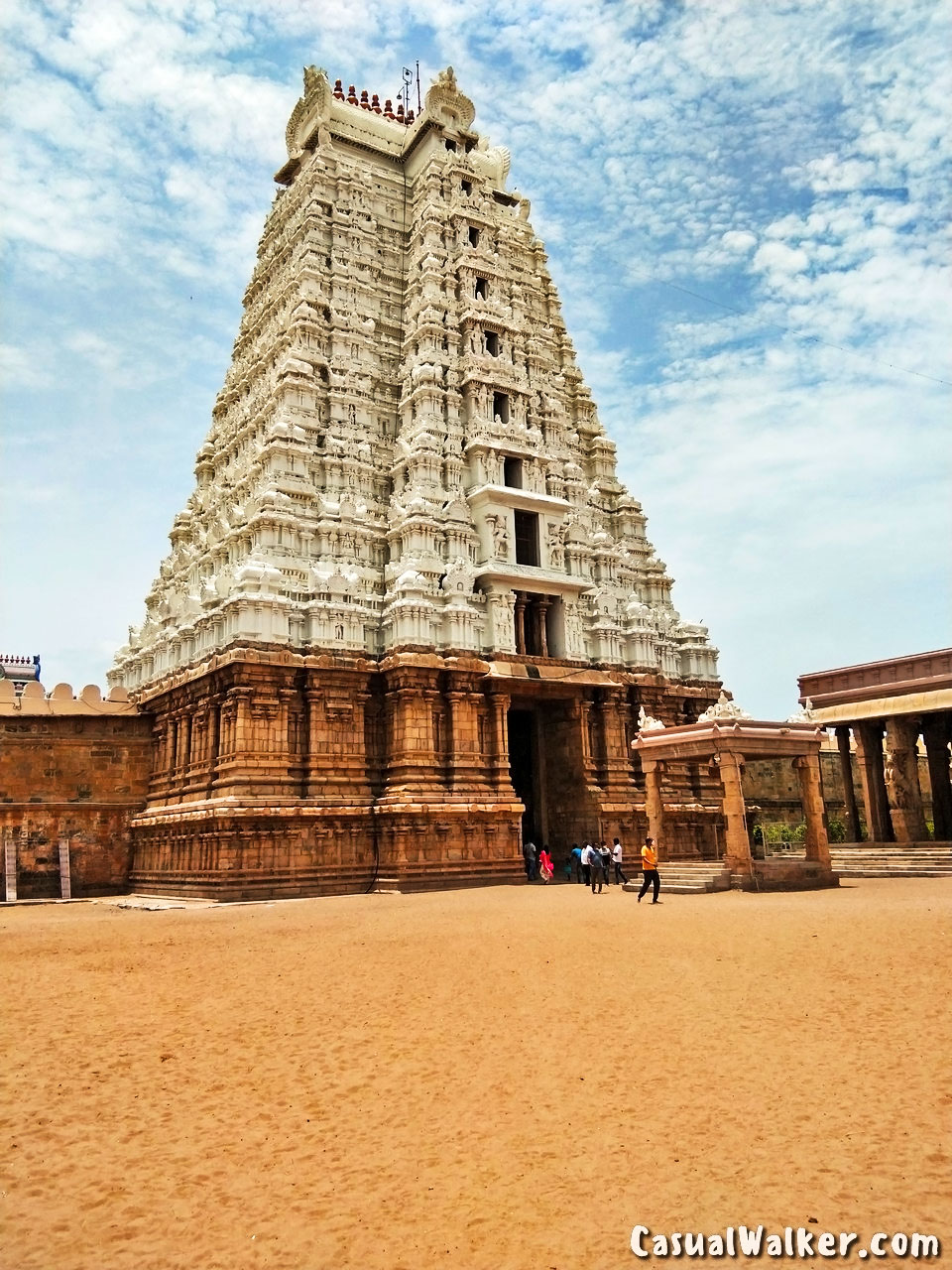
the beautiful vellai / white gopuram
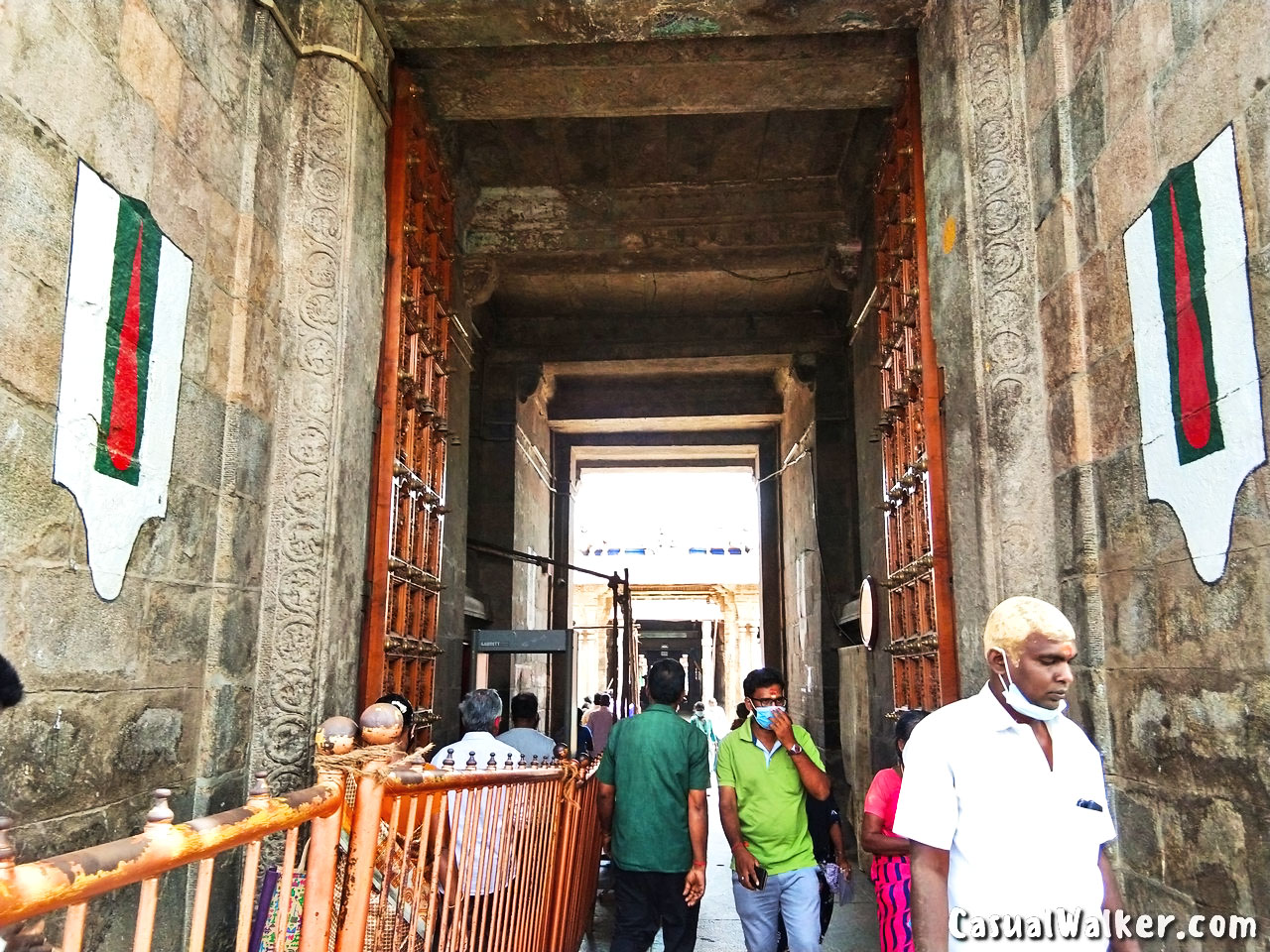
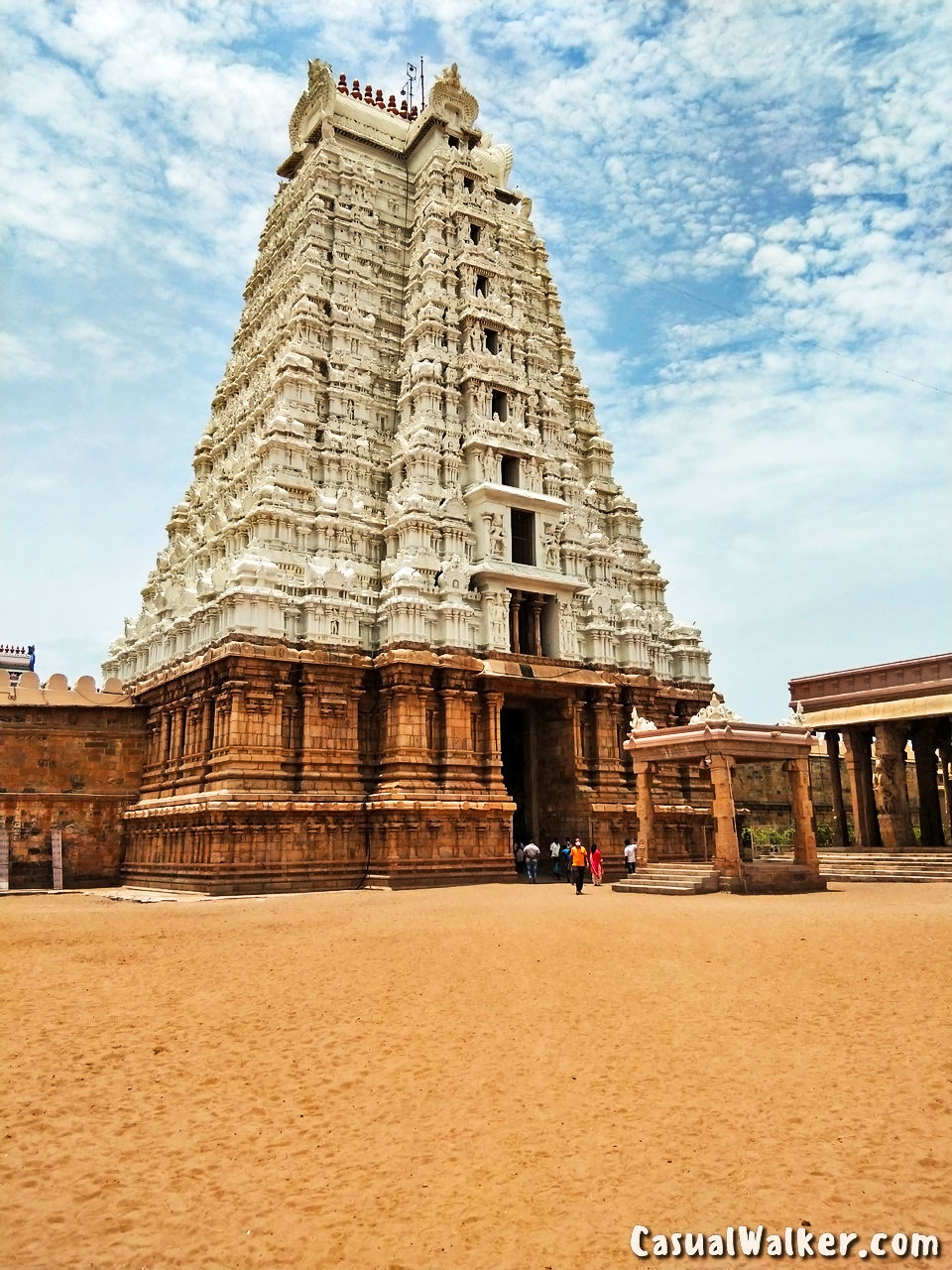
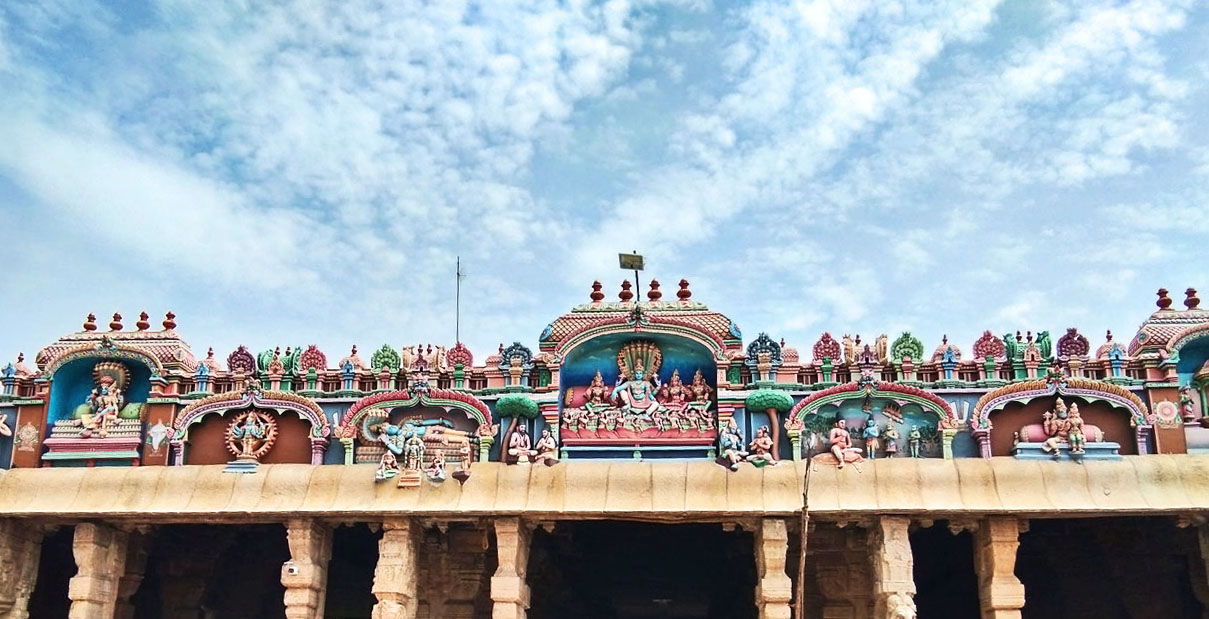
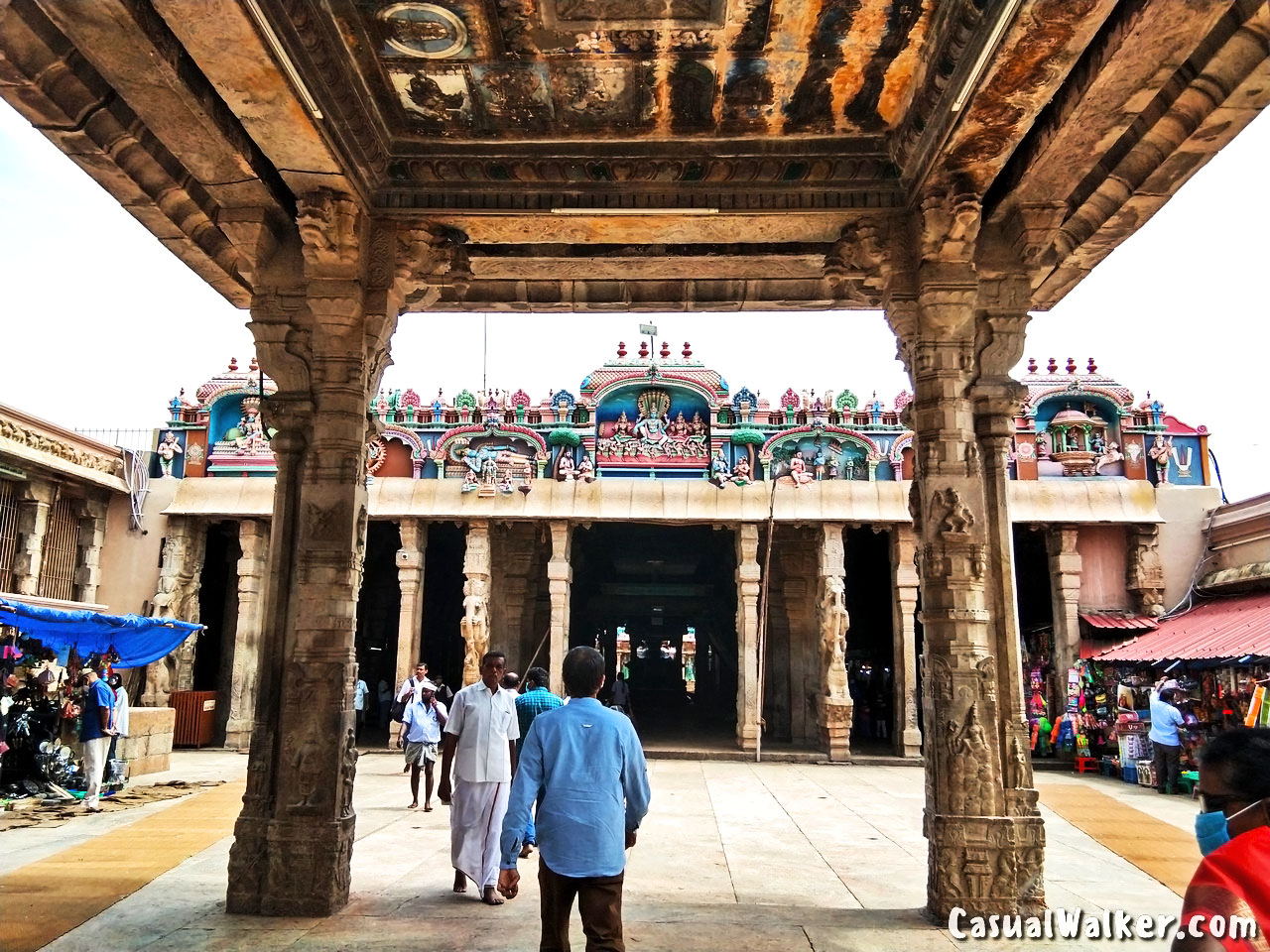
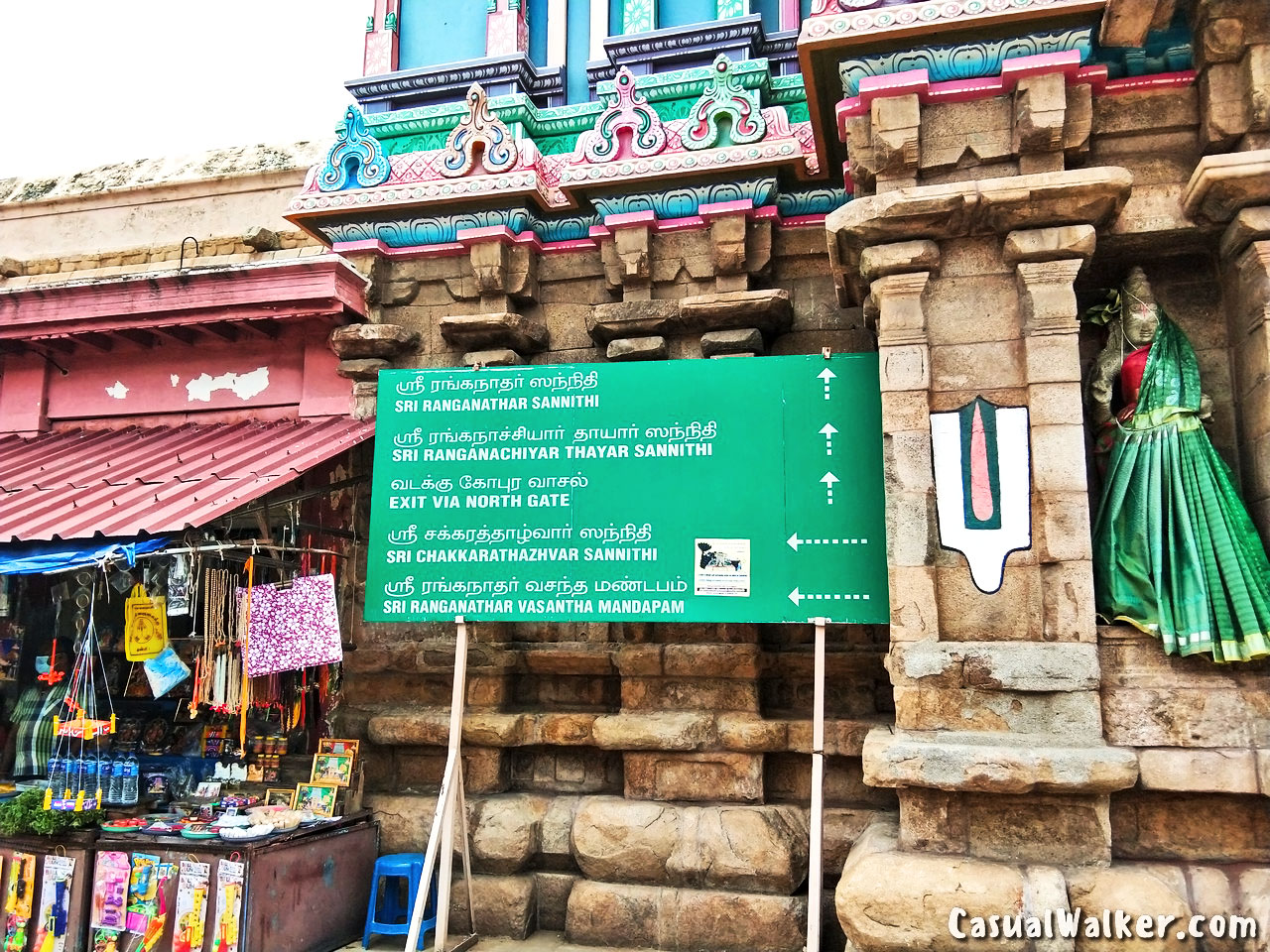
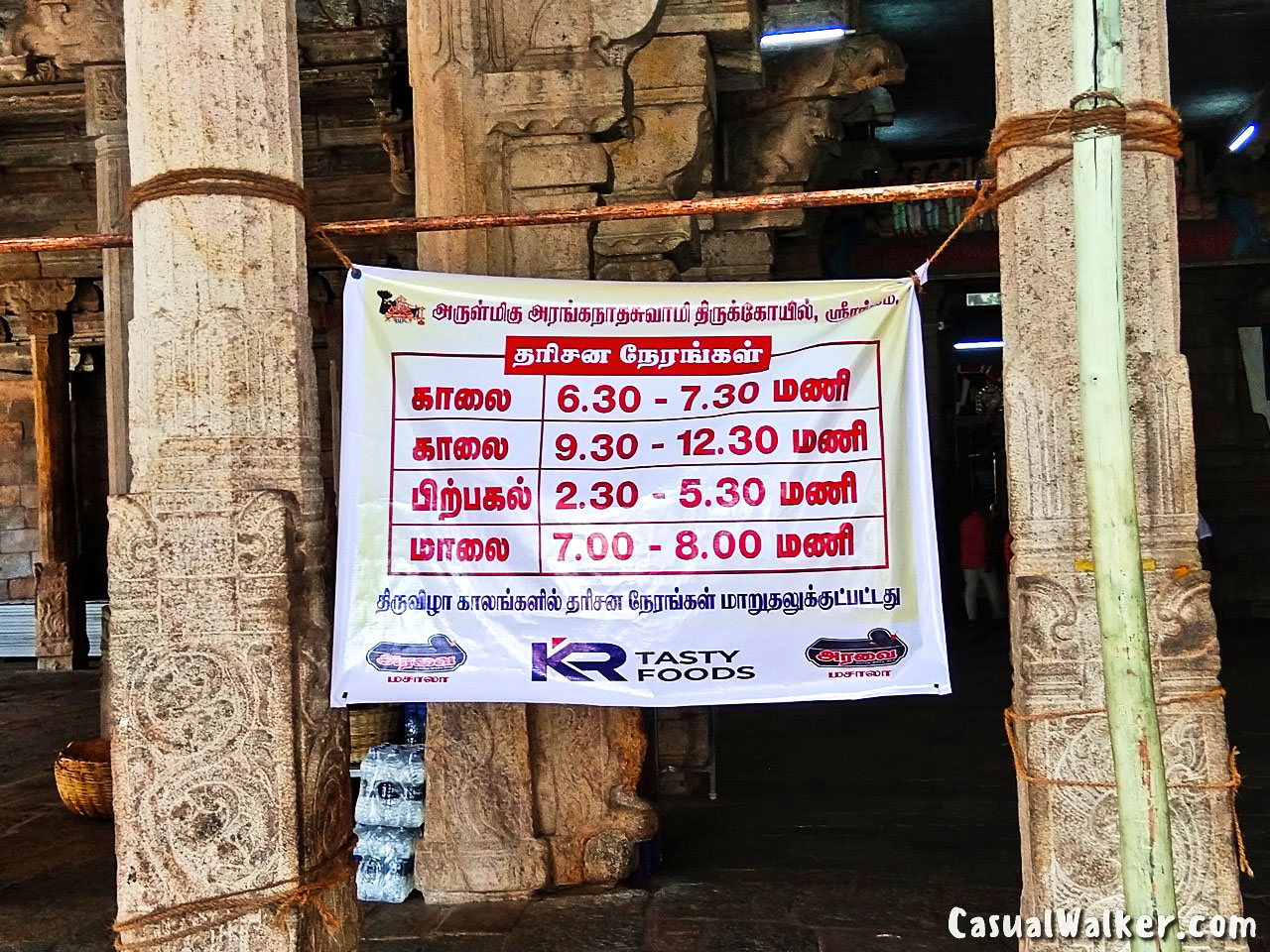
Temple Timings at Srirangam Ranganathar Temple / Sri Ranganathaswamy Temple – General and Covid Temple Timings (Updated Timings)
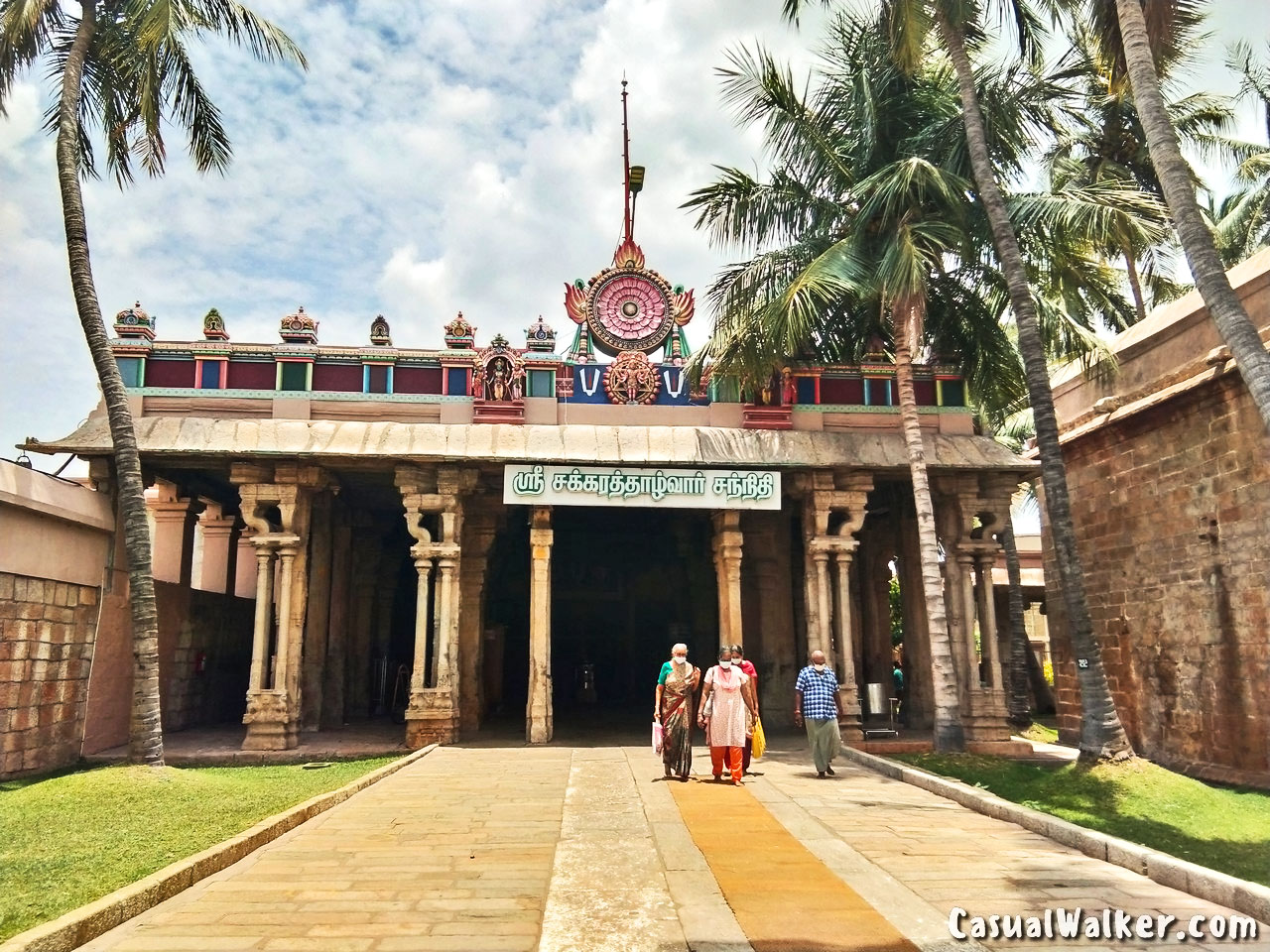
Sri Chakkarathalwar Temple
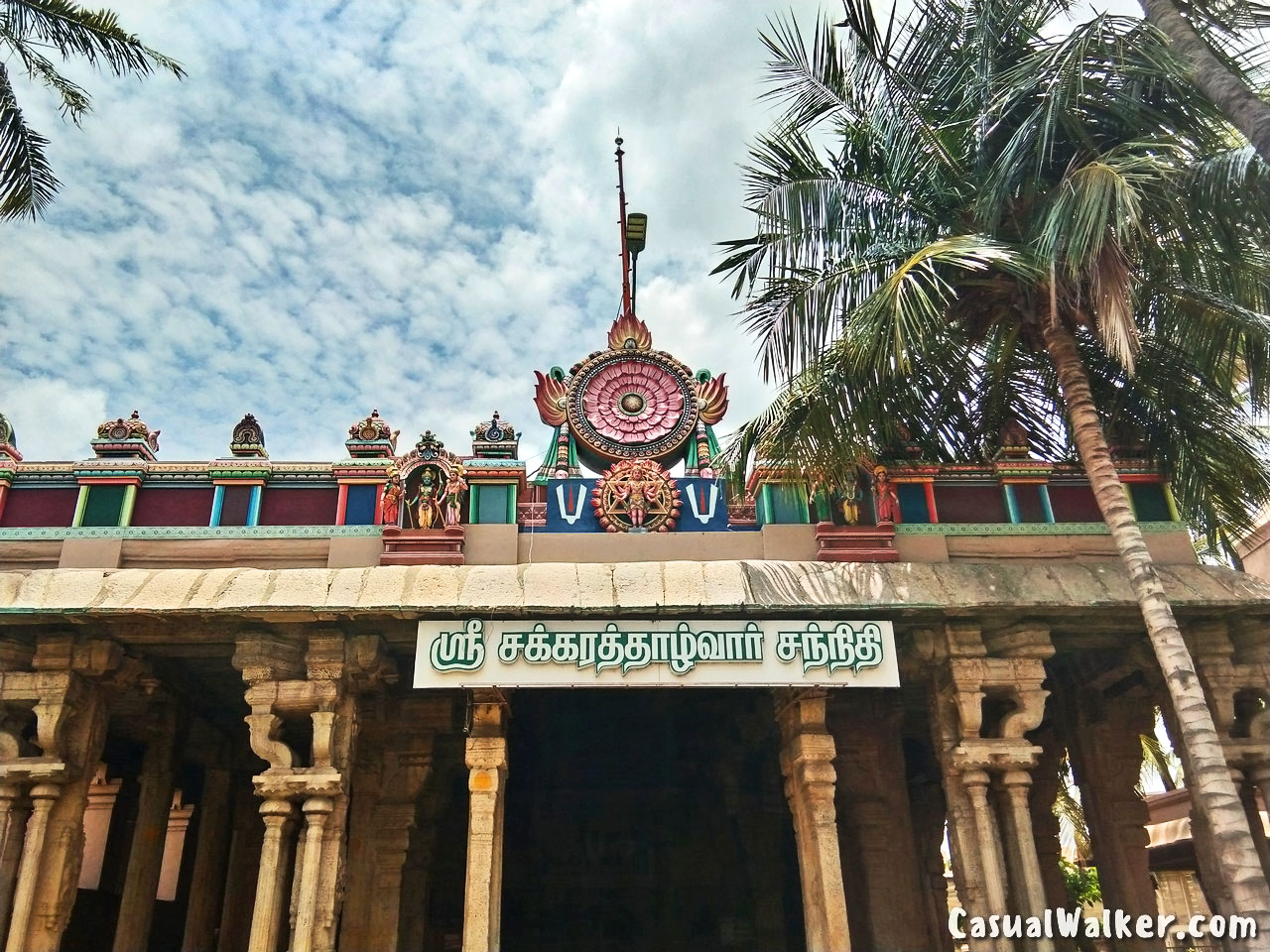
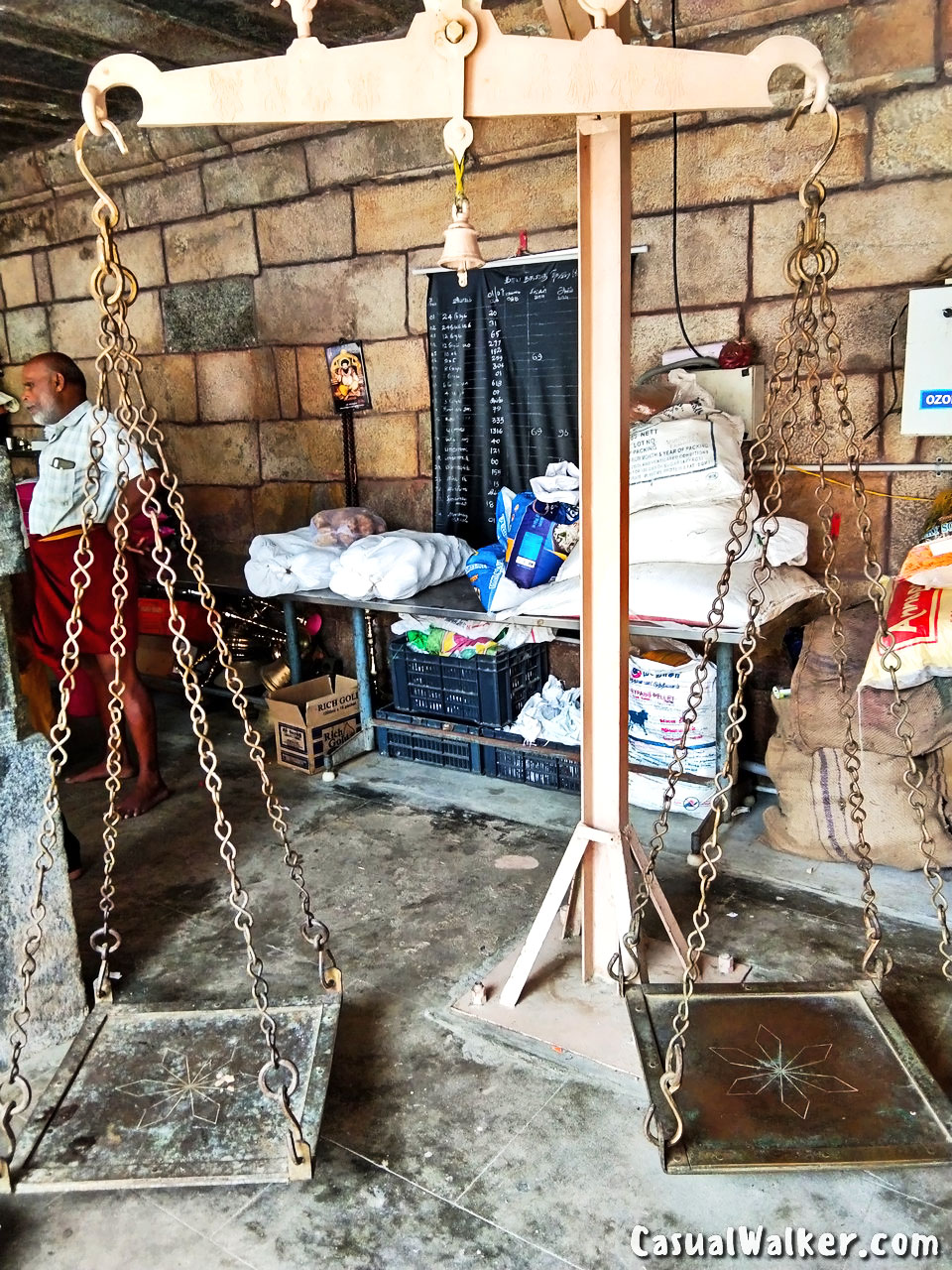
A very significant ritual known as “Thulabharam”, is performed to please and thank the Lord Ranganatha Swami
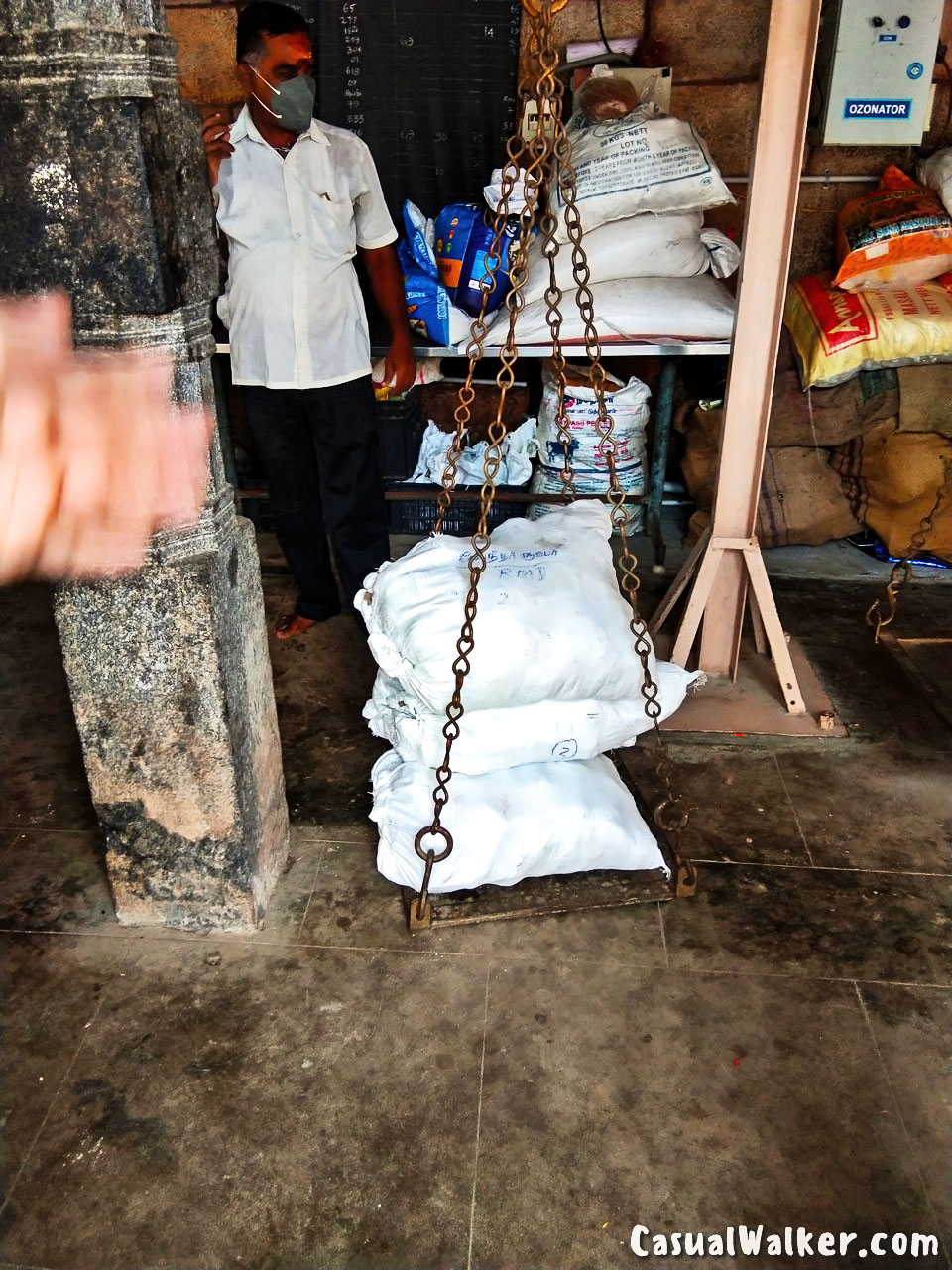
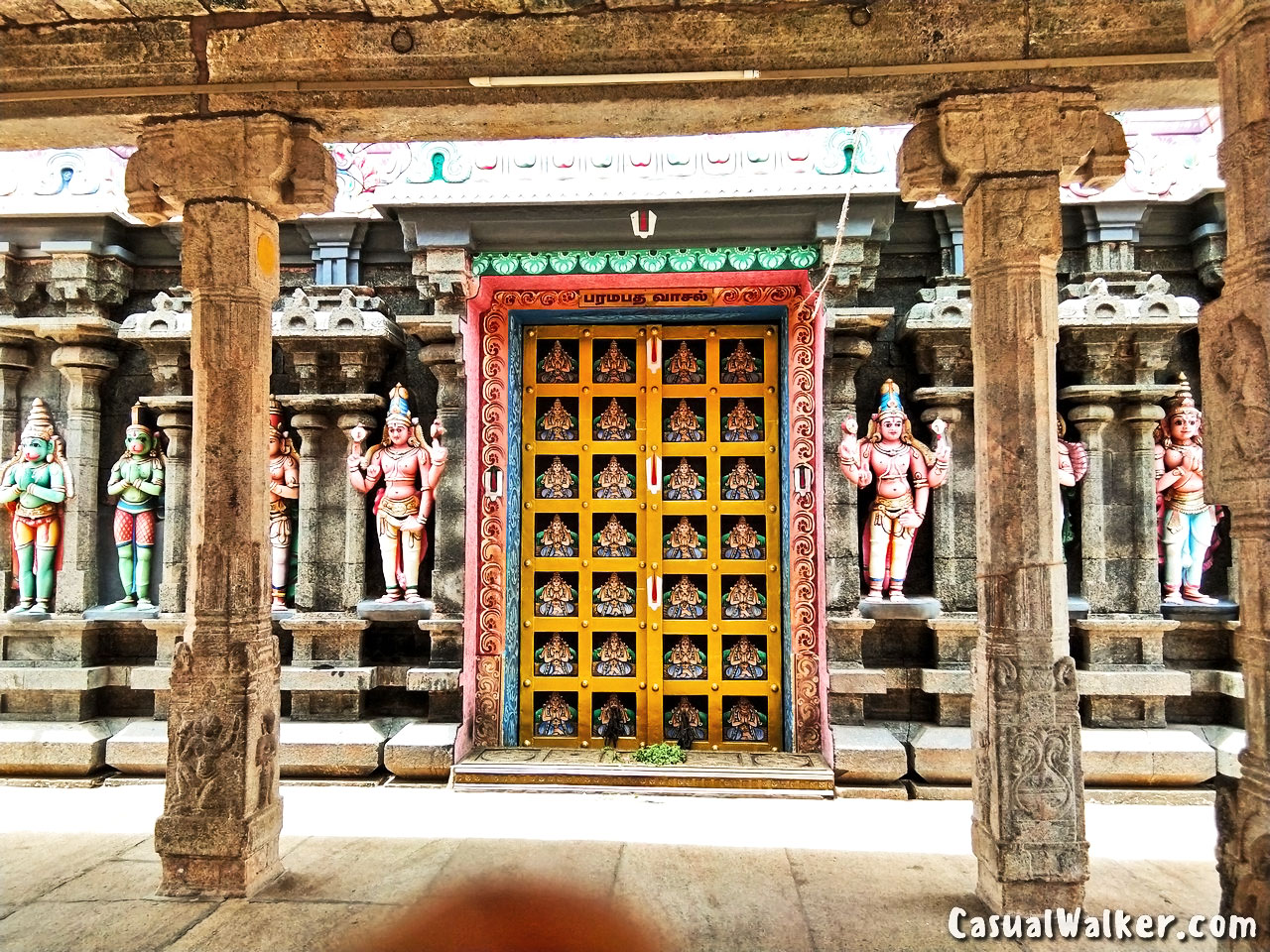
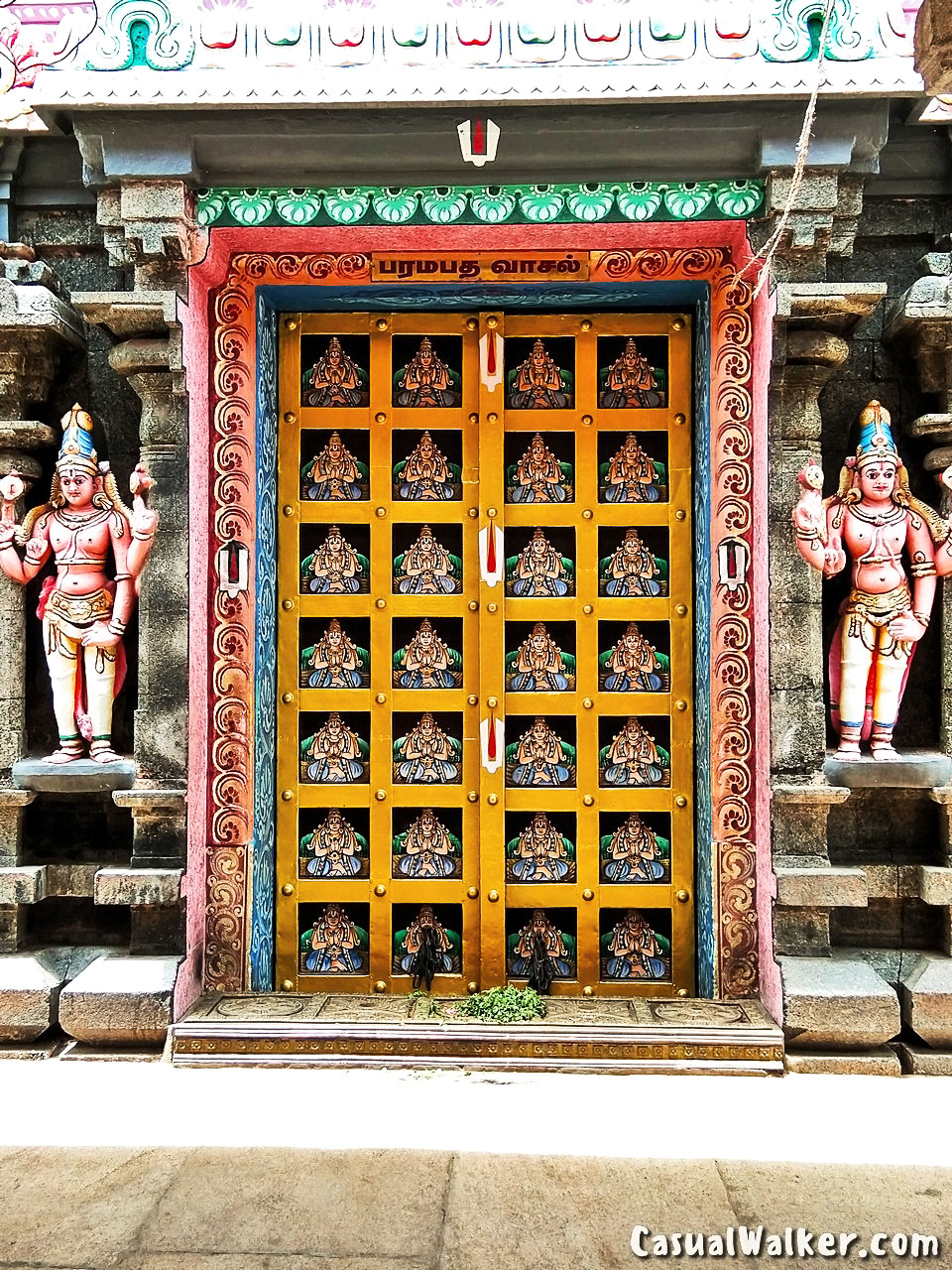
Paramapada Vasal / Vaikunda Ekadashi or “Sukla Paksha Ekadashi” – Sorgavasal – the Lord Vishnu’s Heaven Gates in the Sriranganathaswamy Temple in Srirangam is opened yearly once during the “Vaikuntha Ekadasi” festival period of ten days.
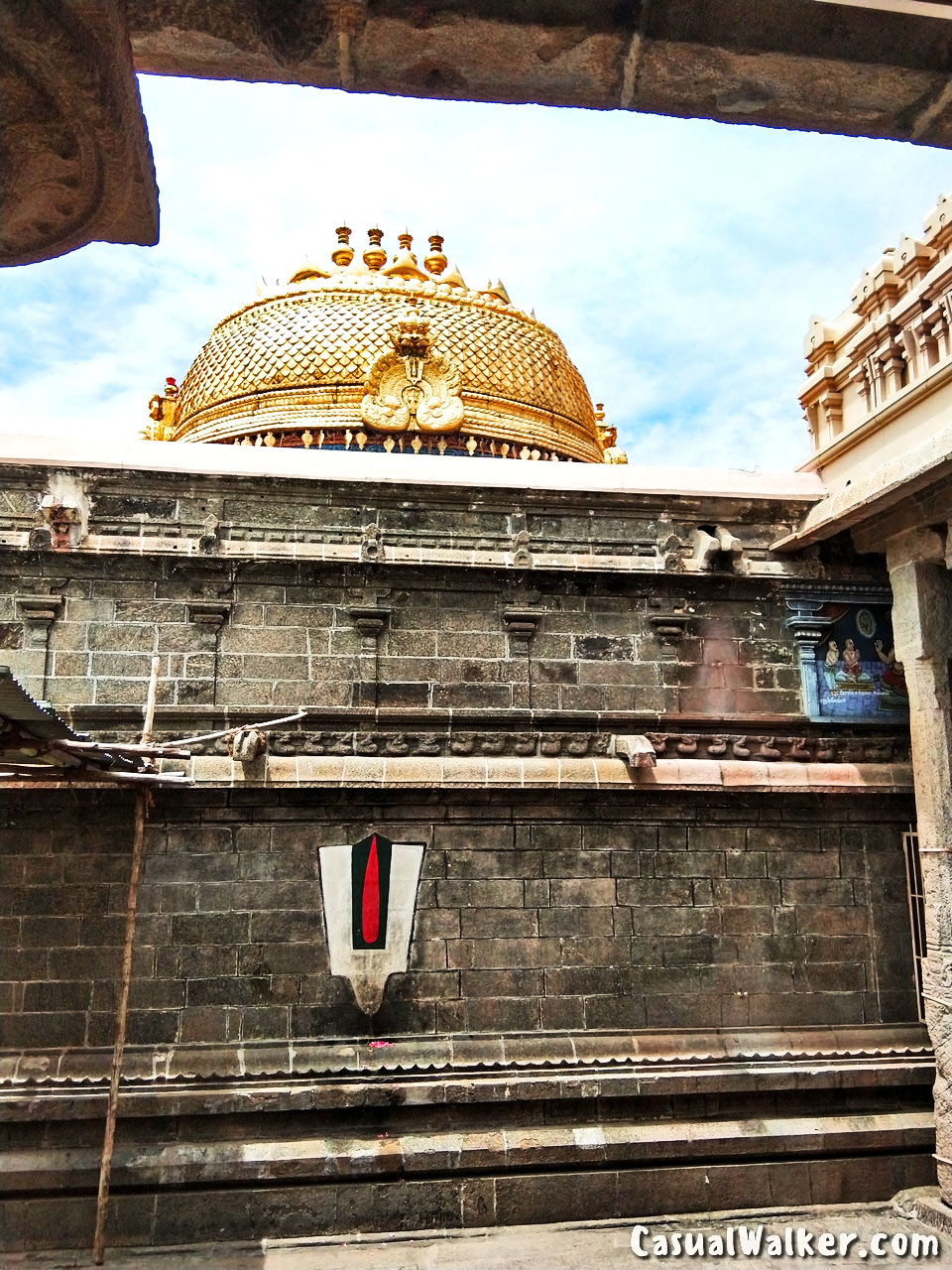
the golden gopuram
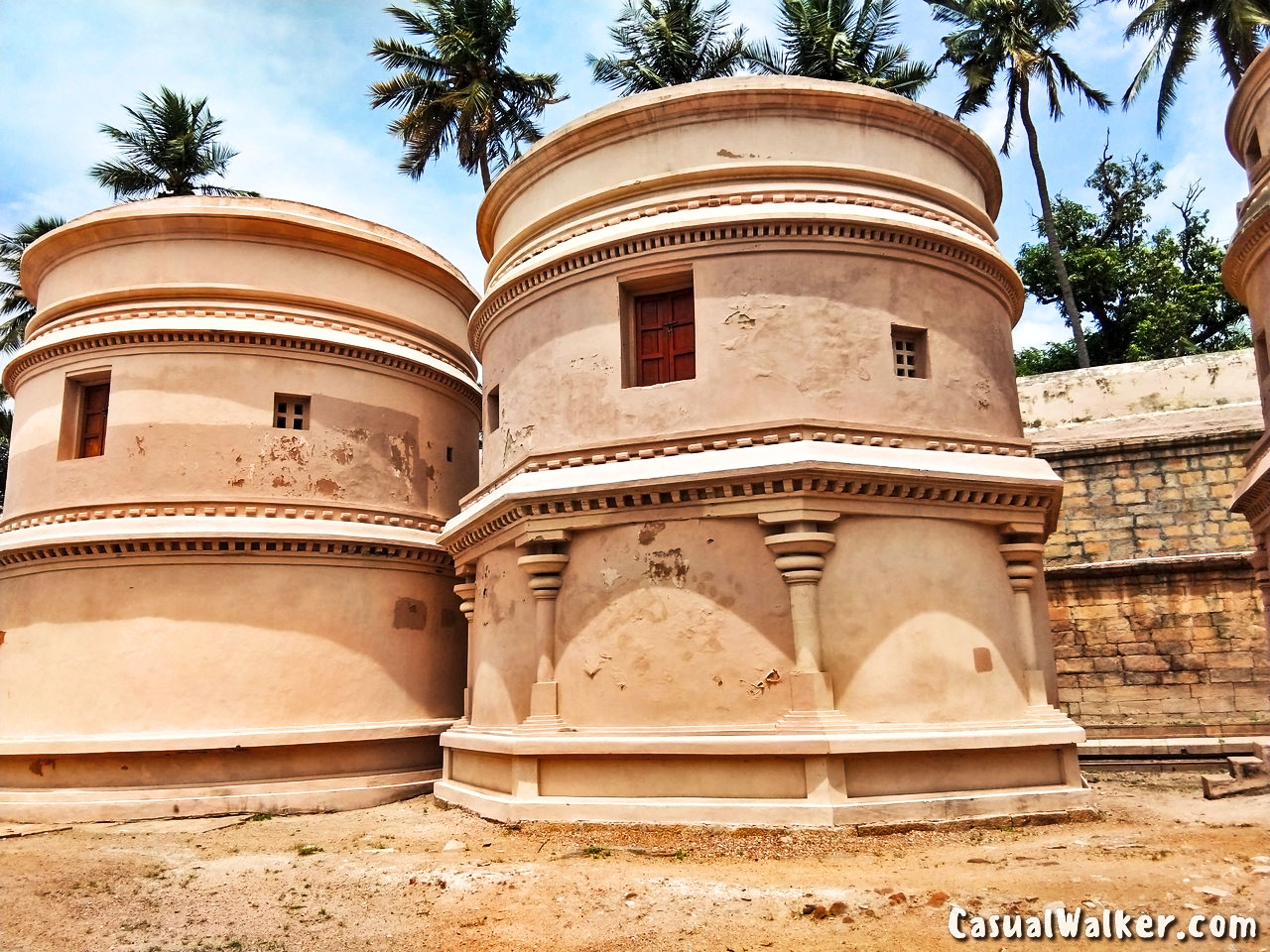
The Granaries or Kottaram which are built inside this temple were used for storing paddy, pulses, and other food material to be used for supply during floods or other natural calamities systematic food security planning not only to the temple but probably to the entire population of the temple town
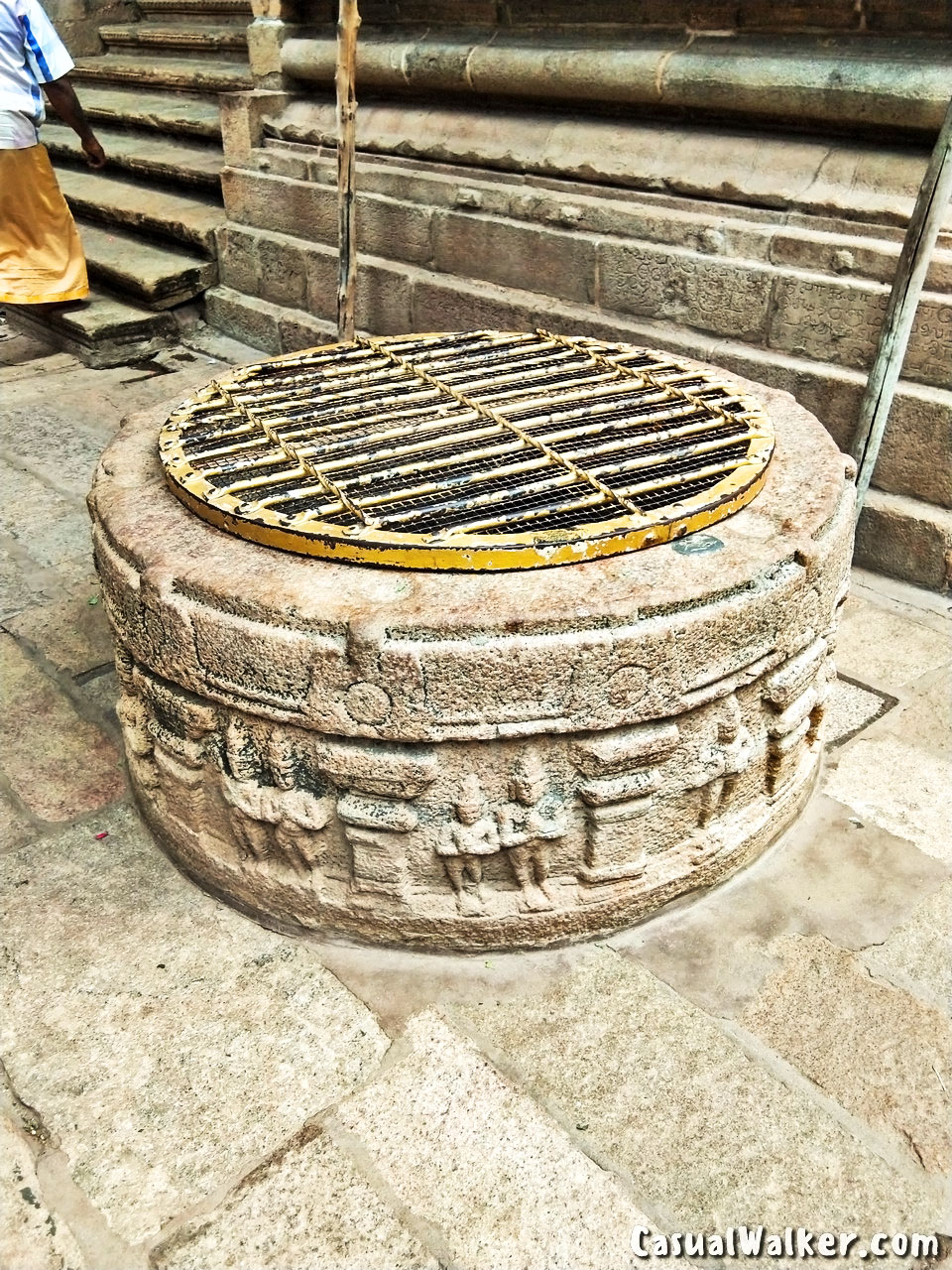
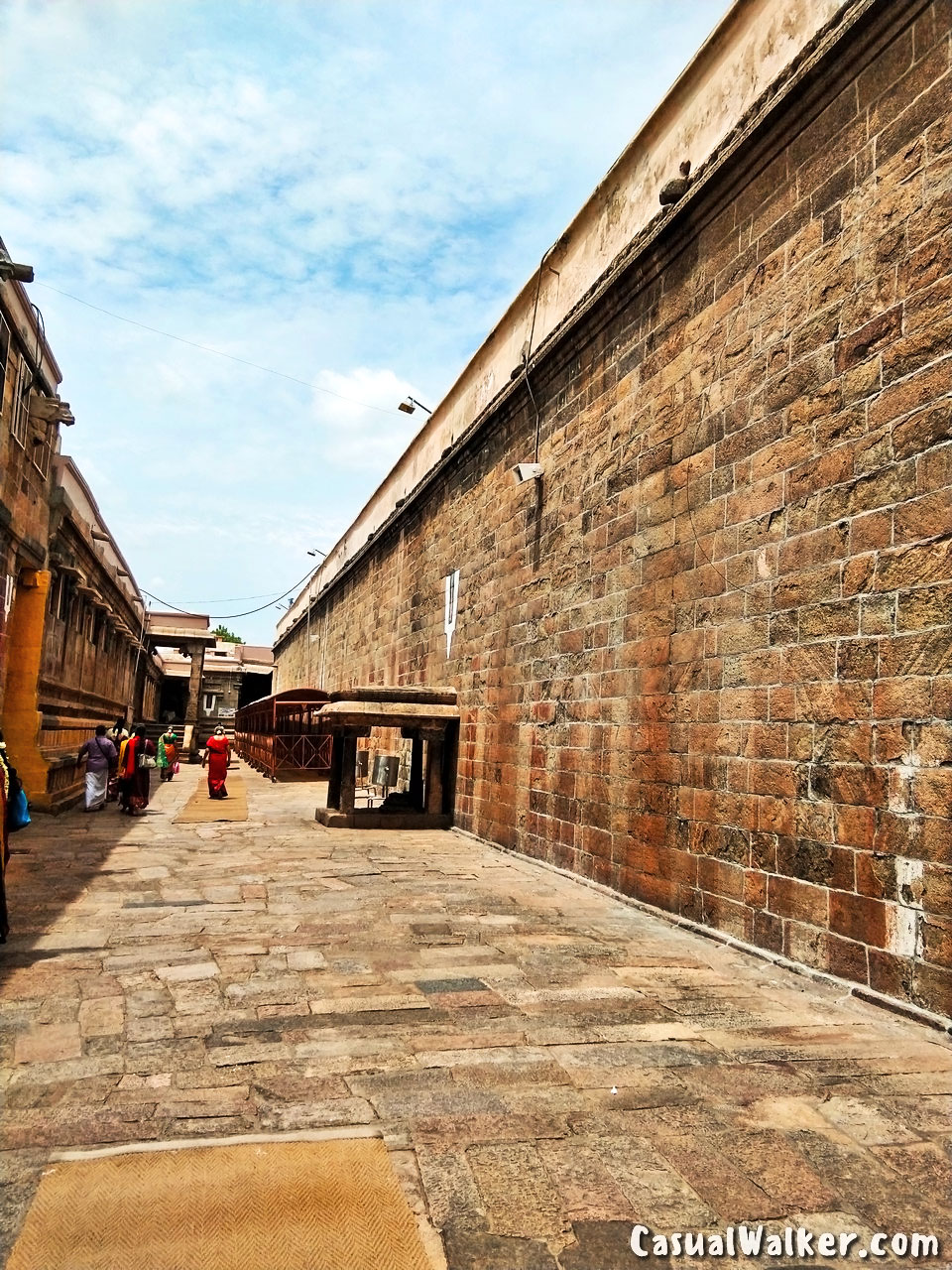
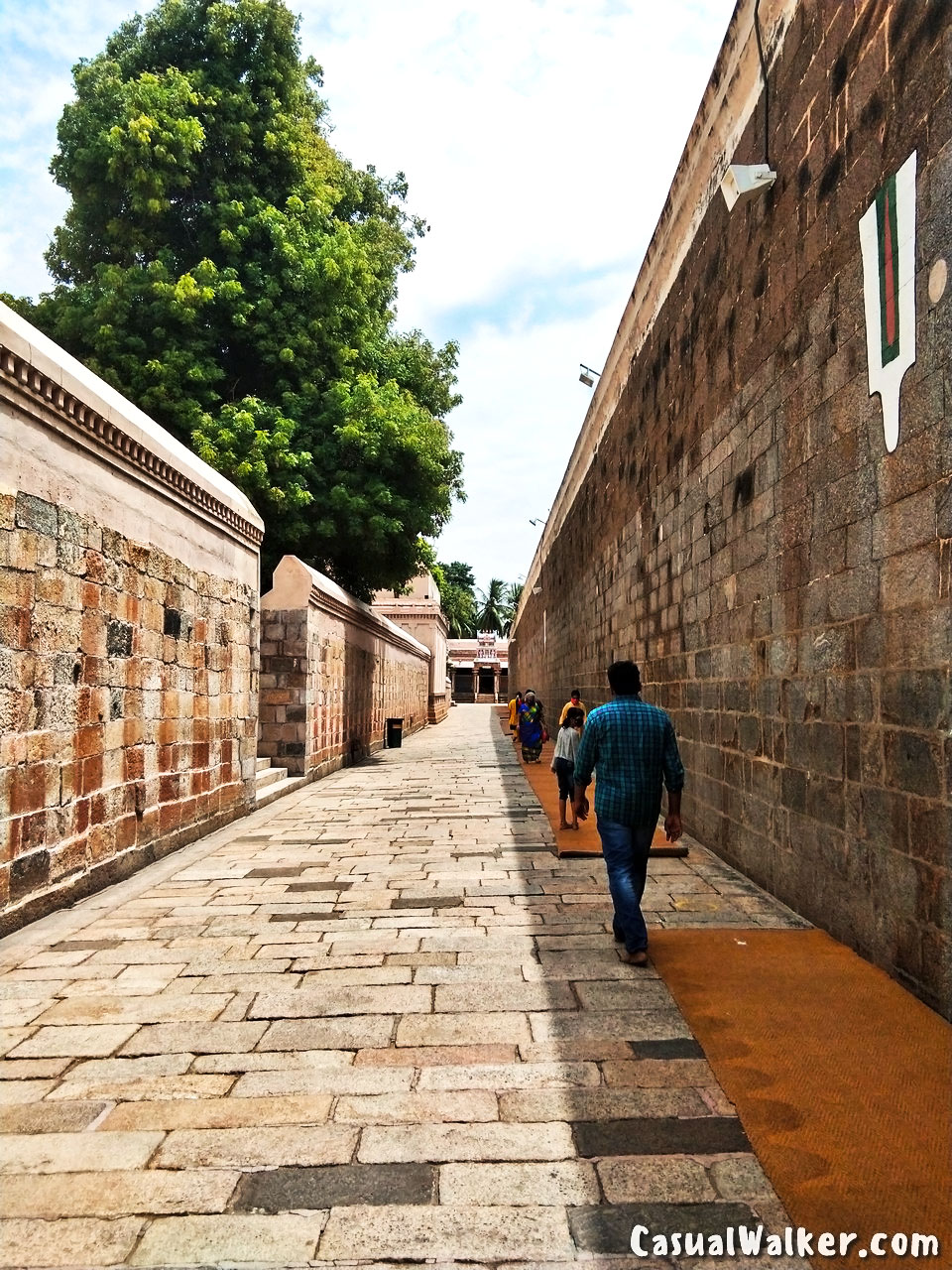
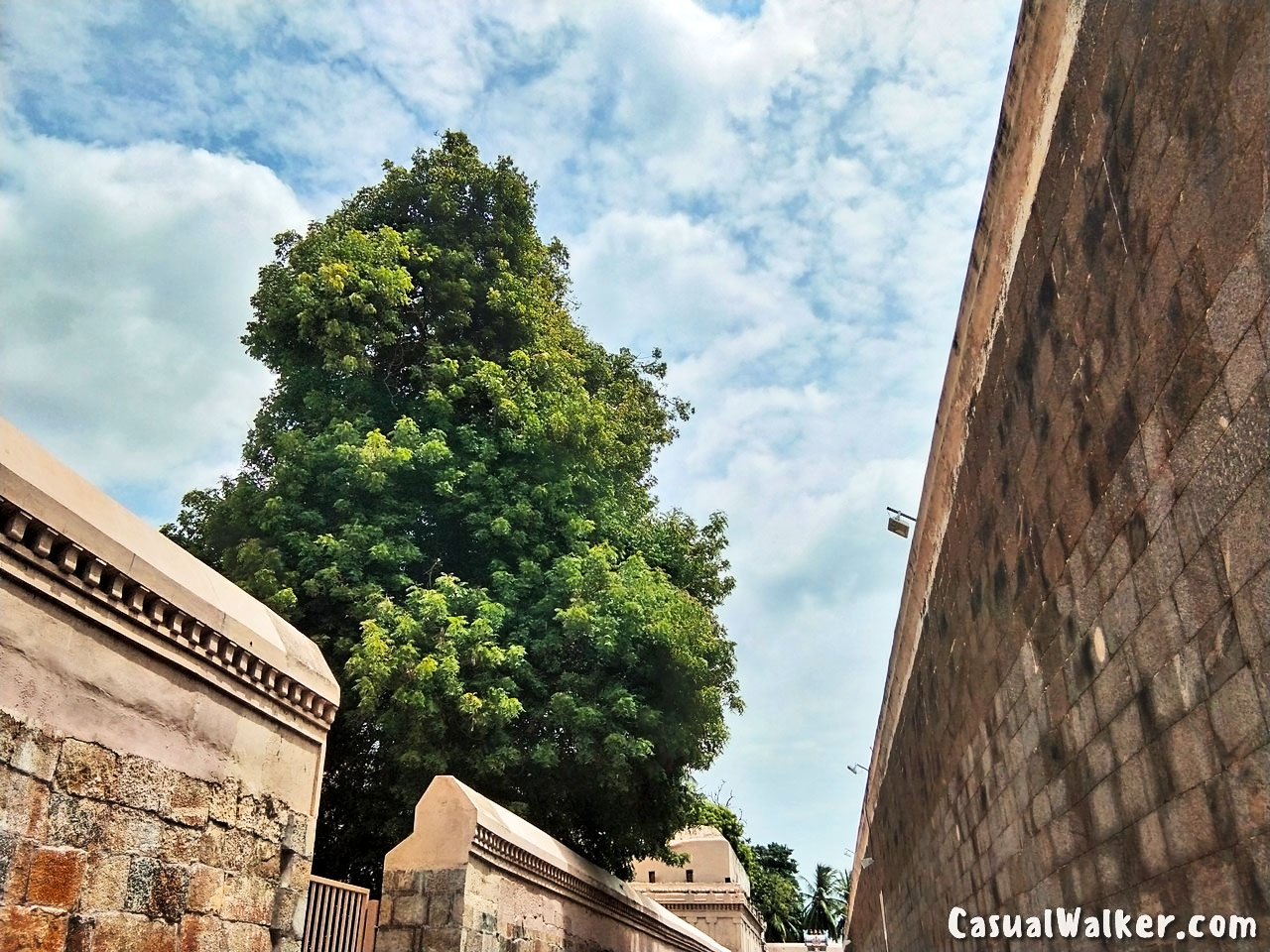
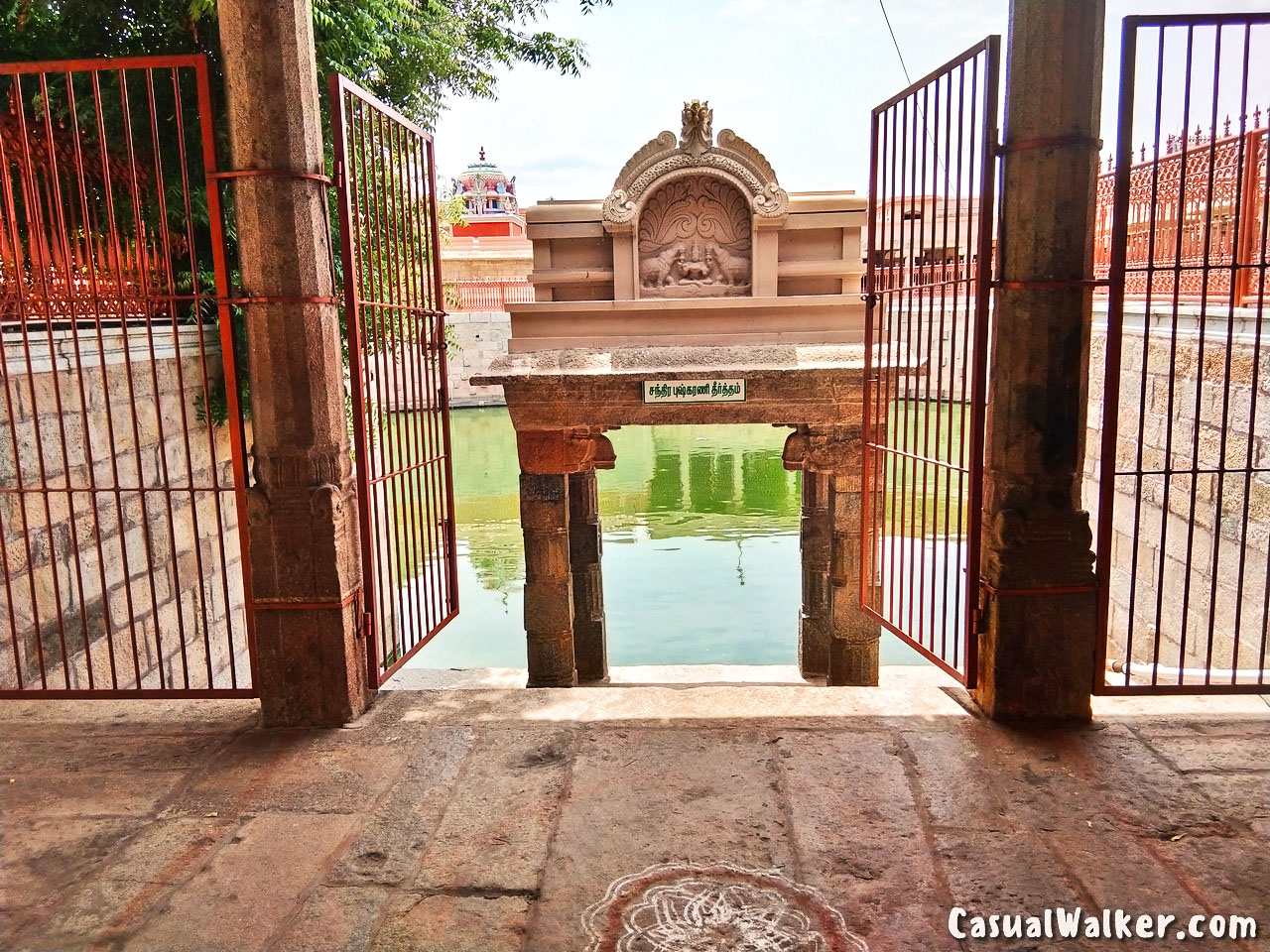
The temple complex houses several water tanks and granaries. There are about 12 water tanks, a special mention should be given to the surya pushkarani and Chandra pushkarani as these two water tanks can hold as much as two million liters of water
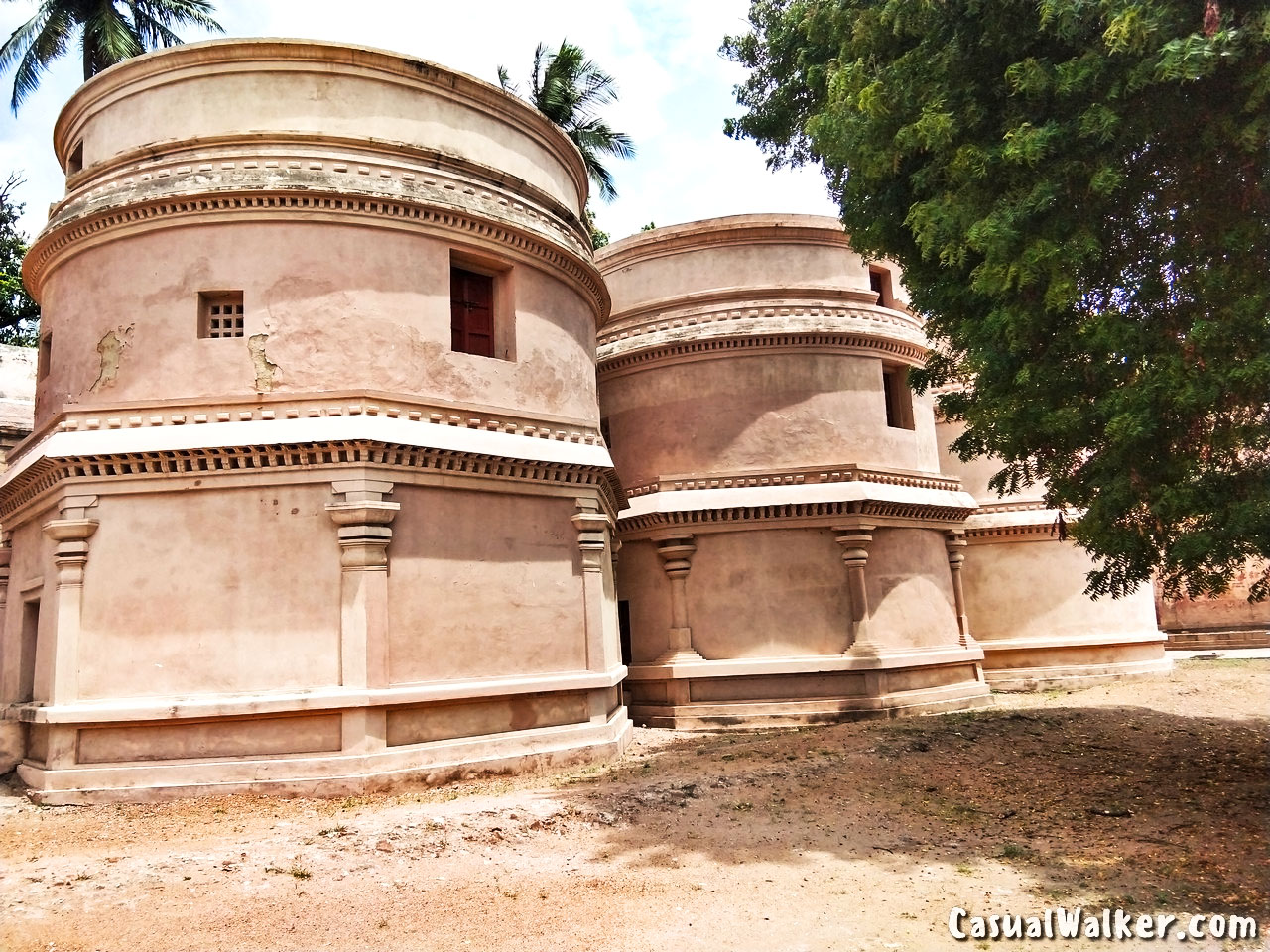

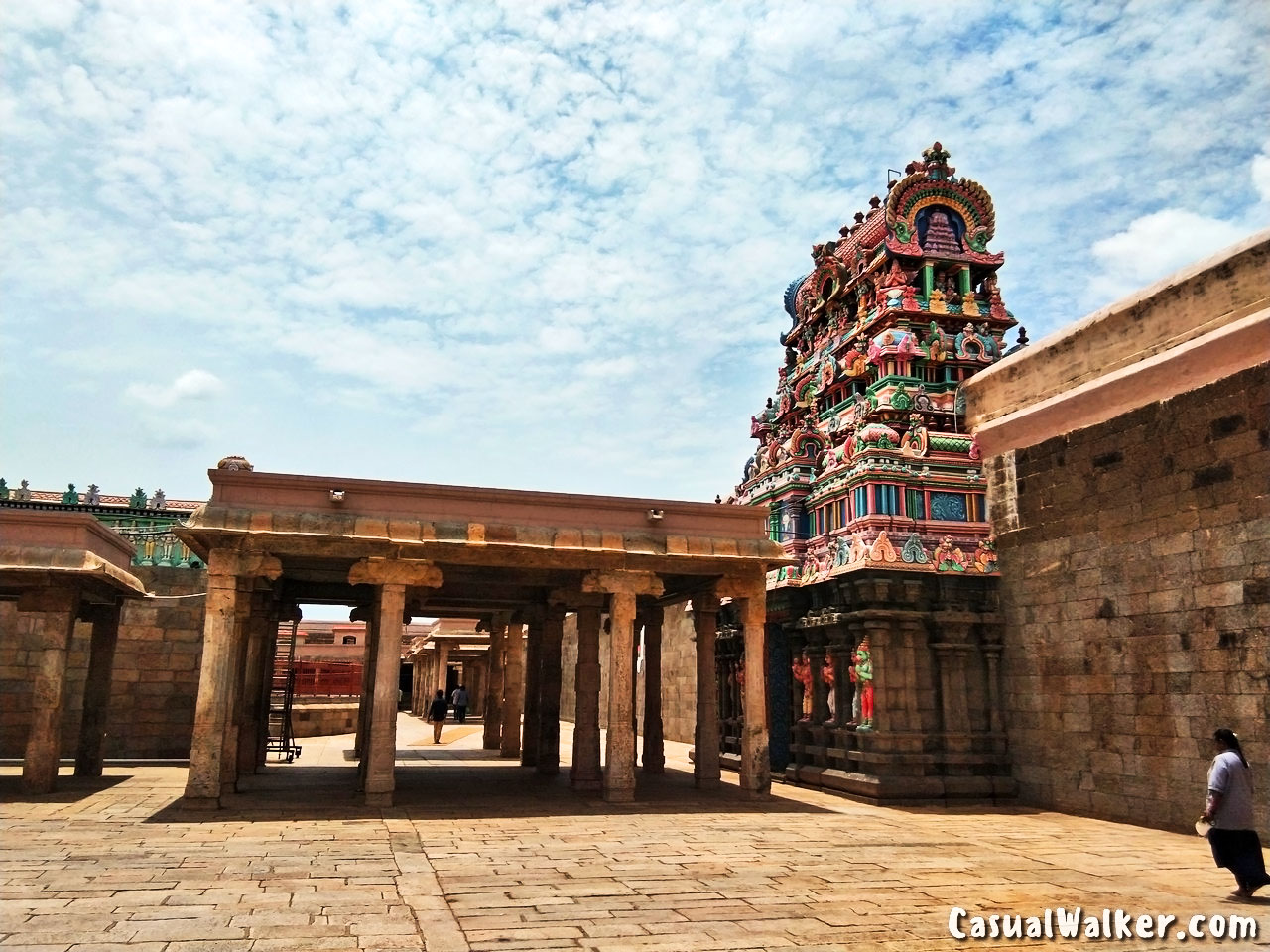
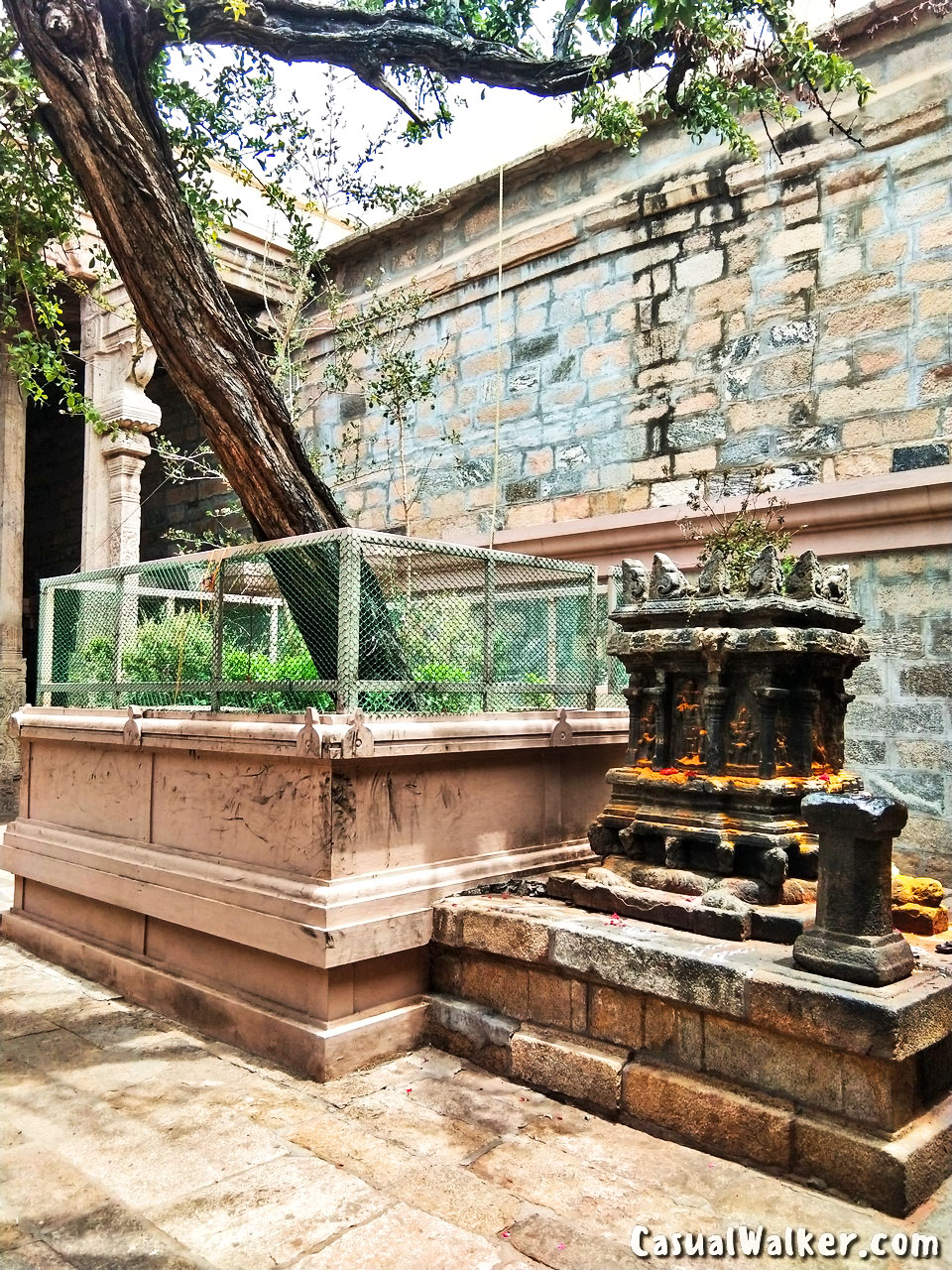
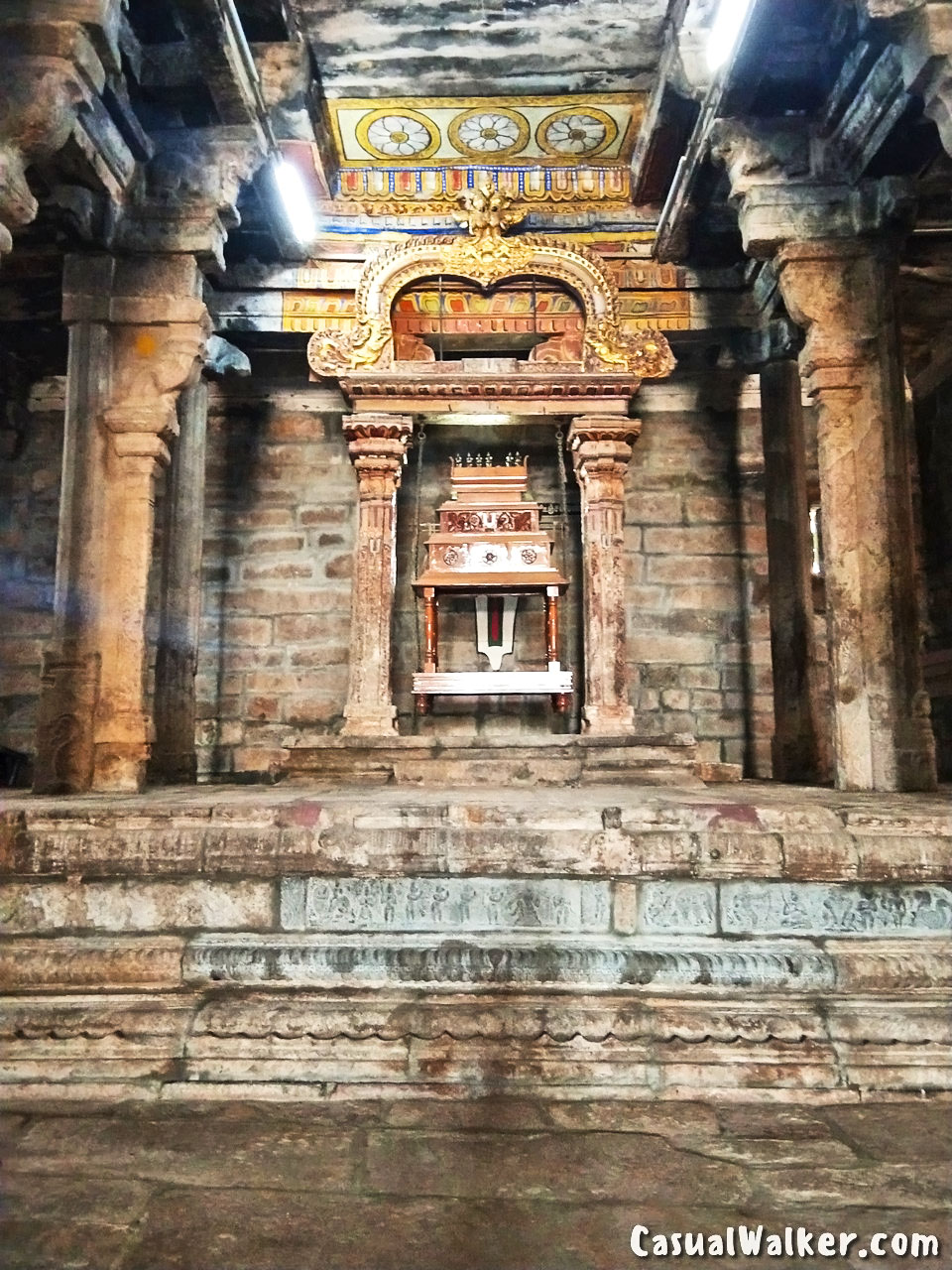
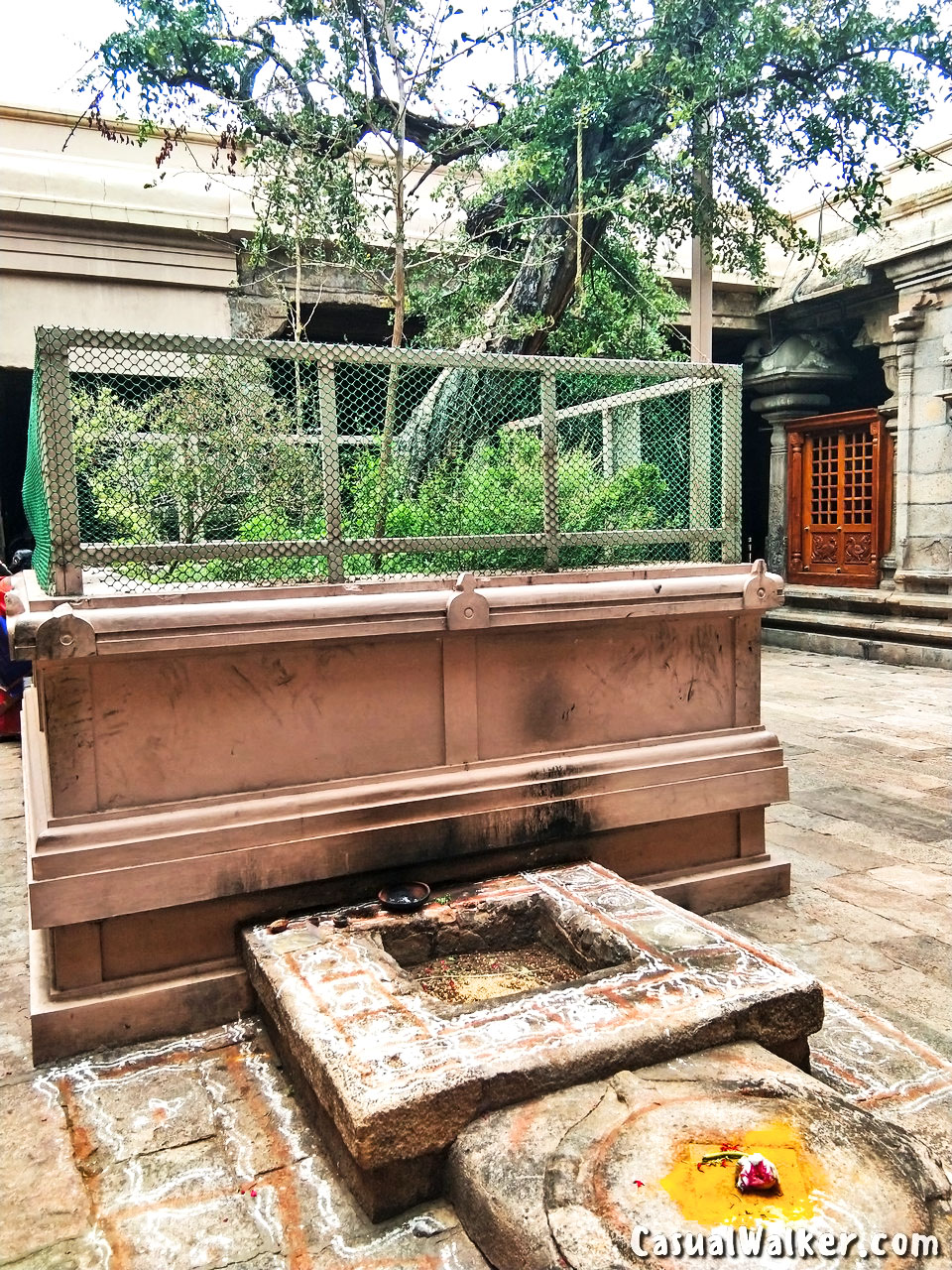
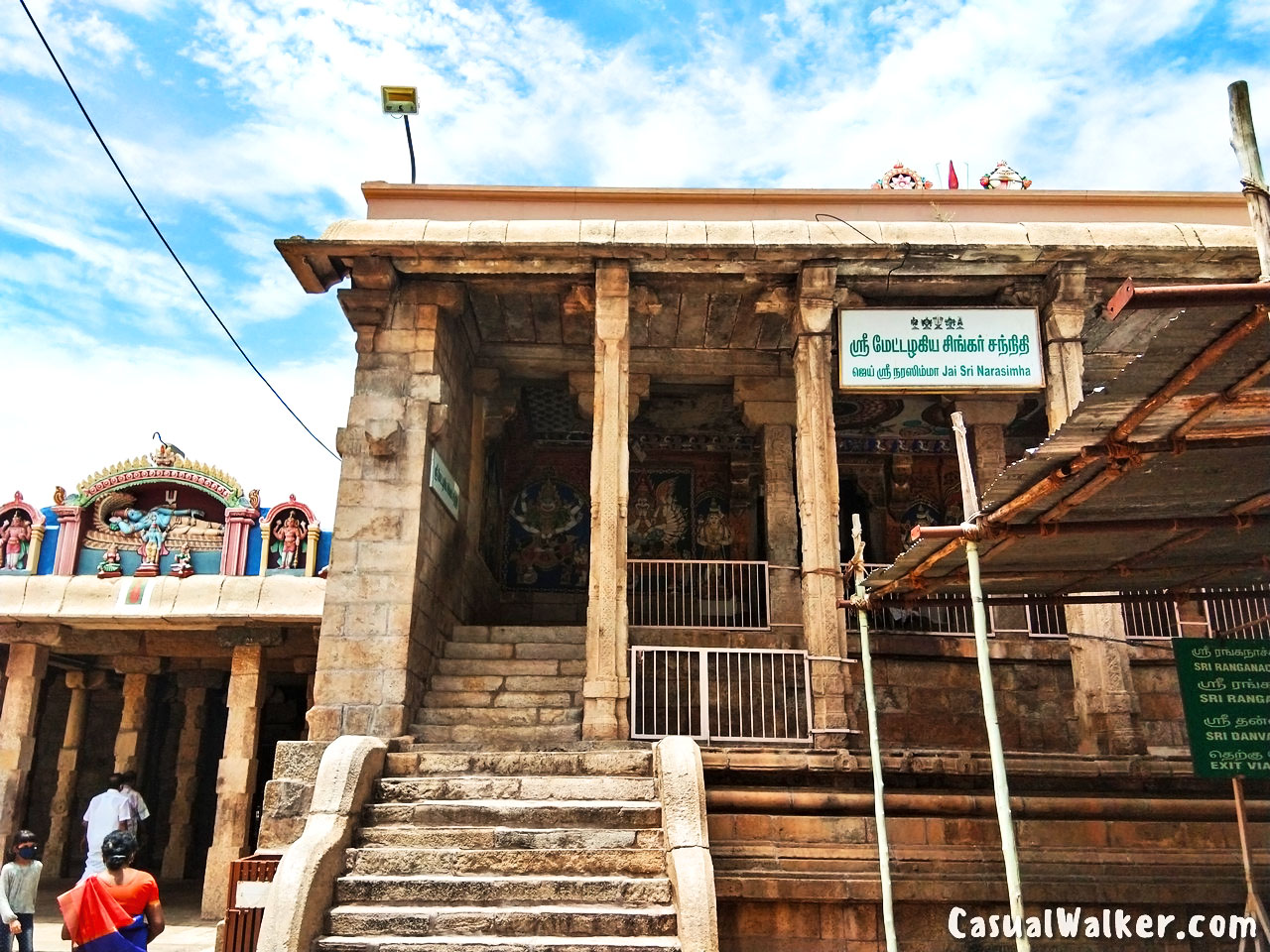
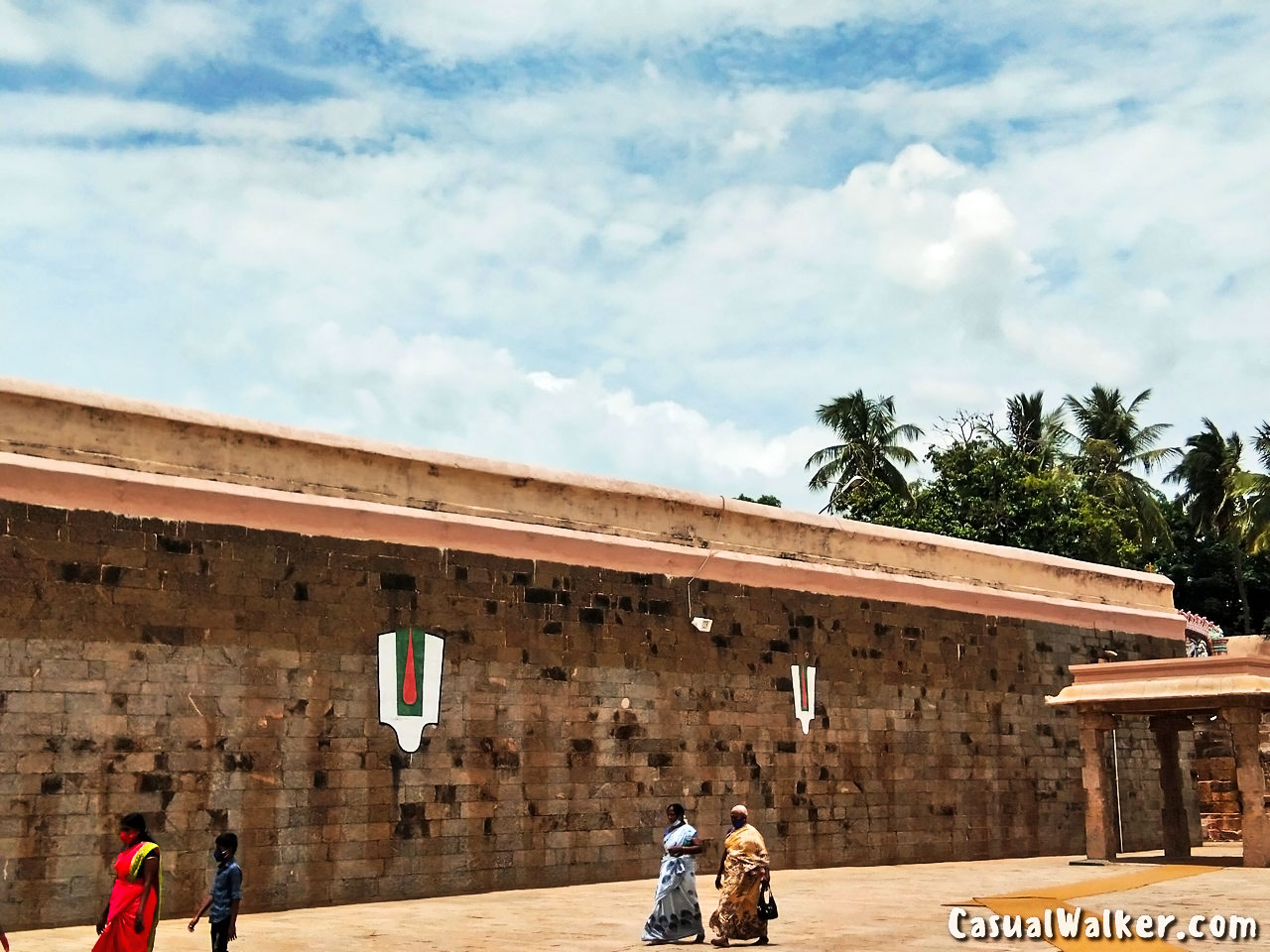
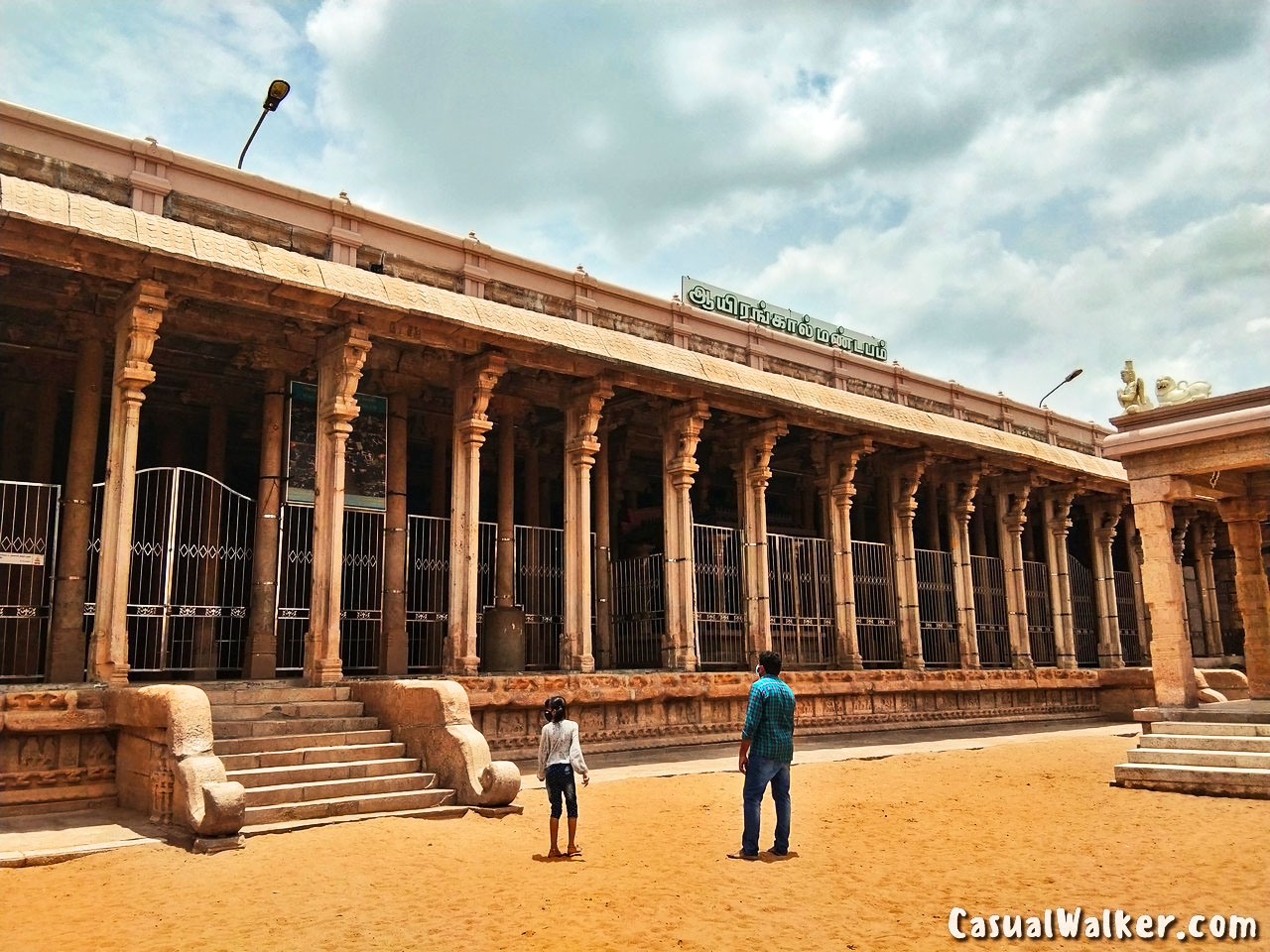
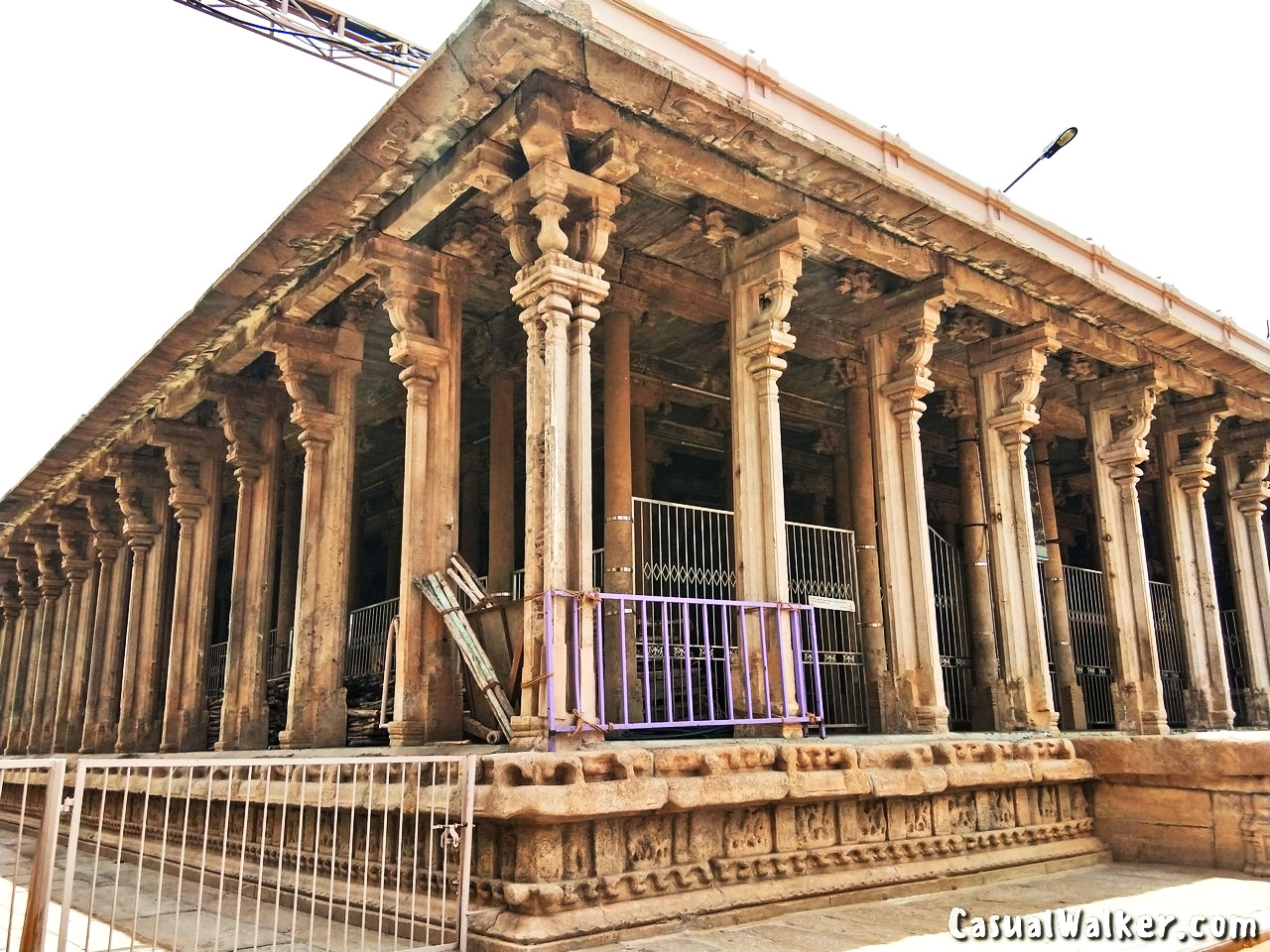
The Ayiram Kaal Mandapam is one of the attractions of the temple is the monolithic pillars, depicting sculptures of warriors in action
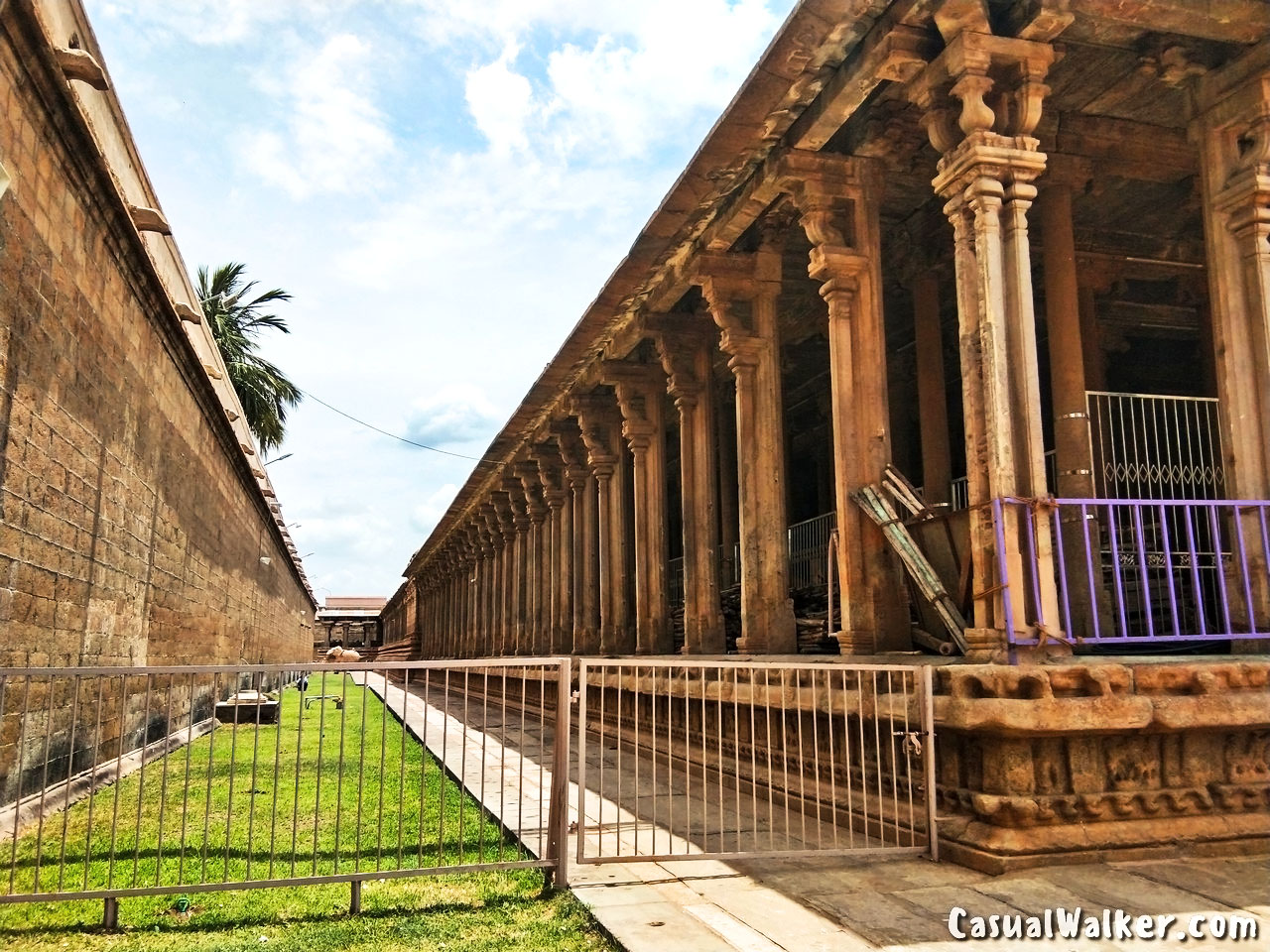
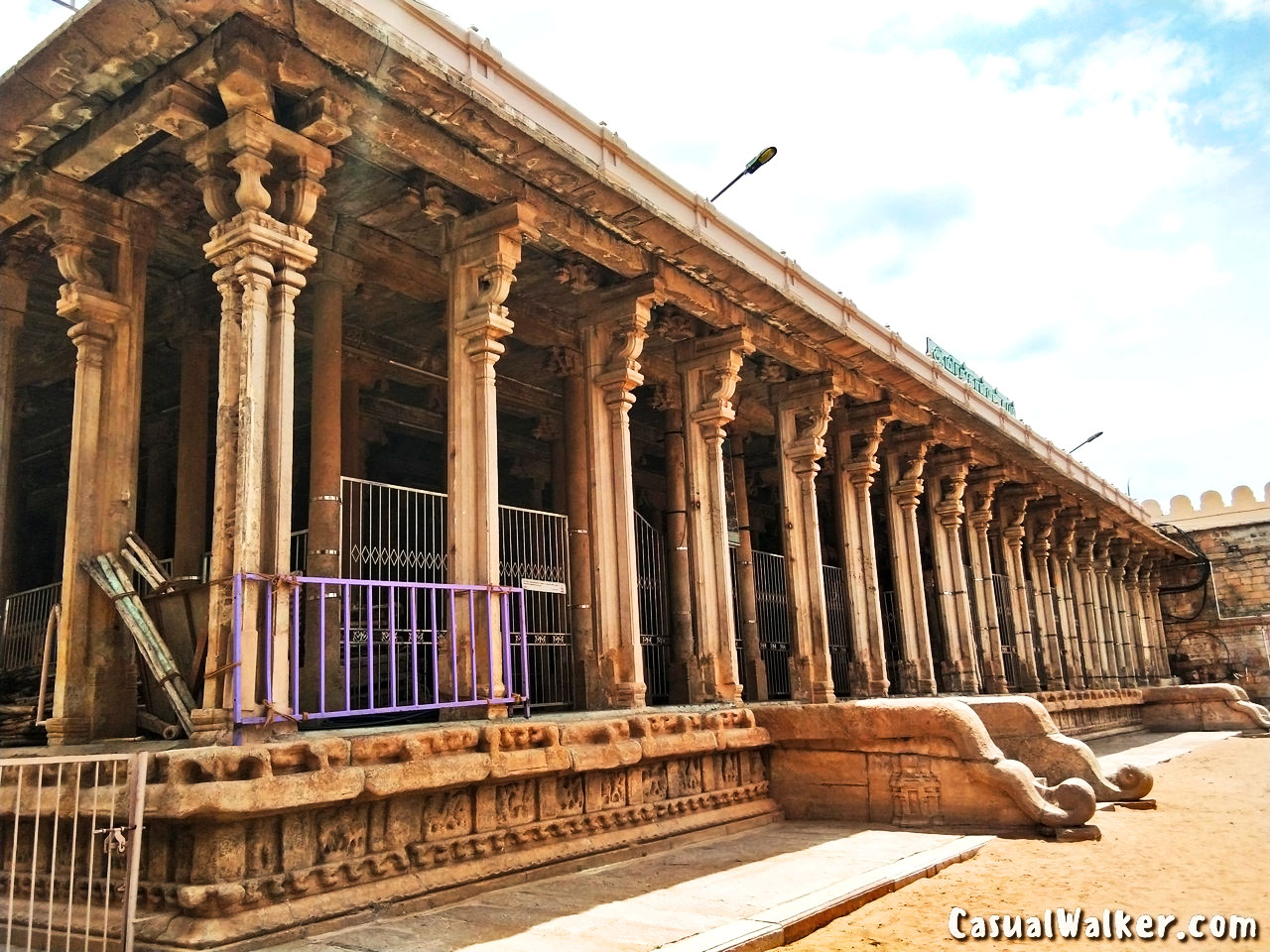
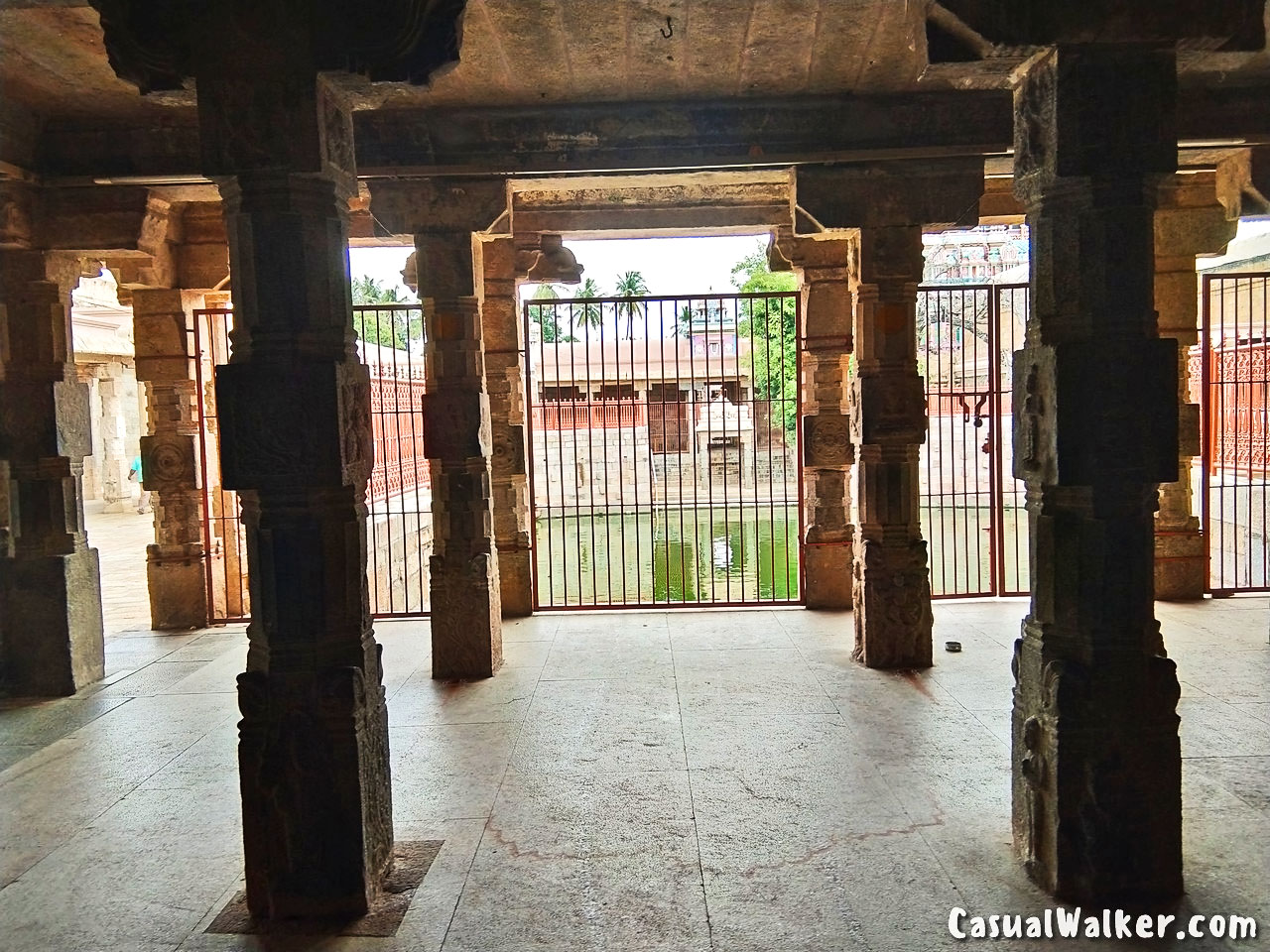
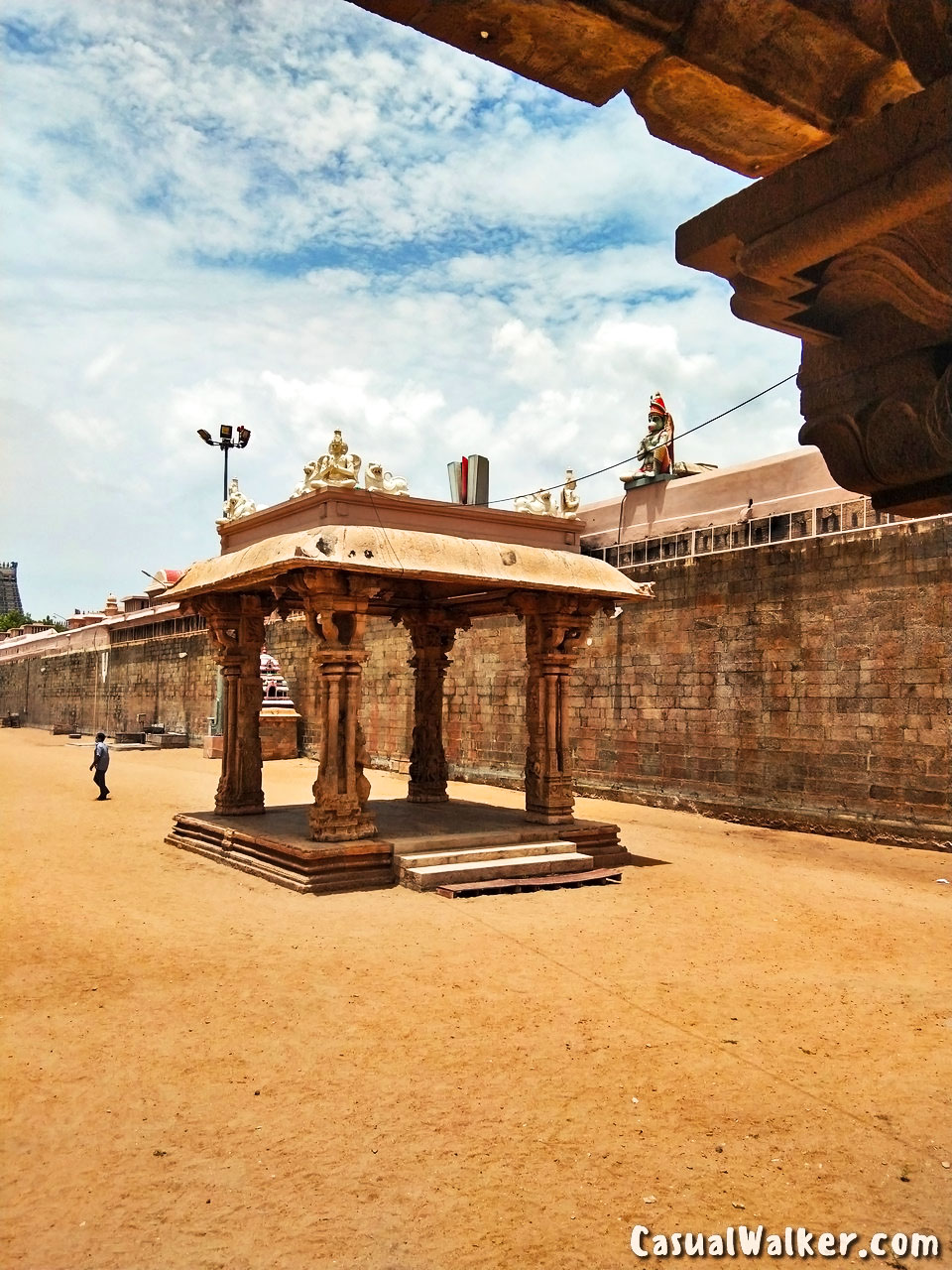
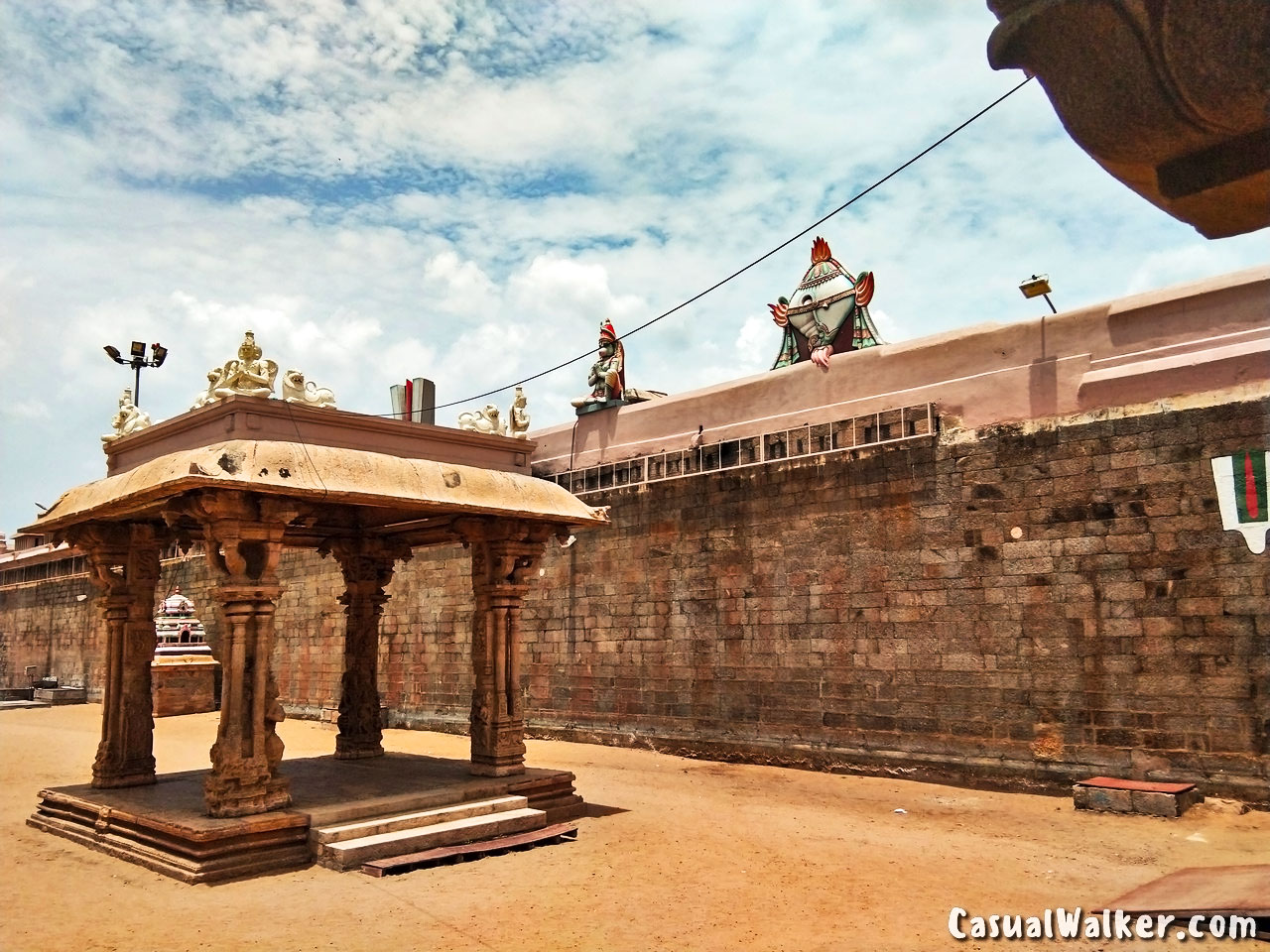
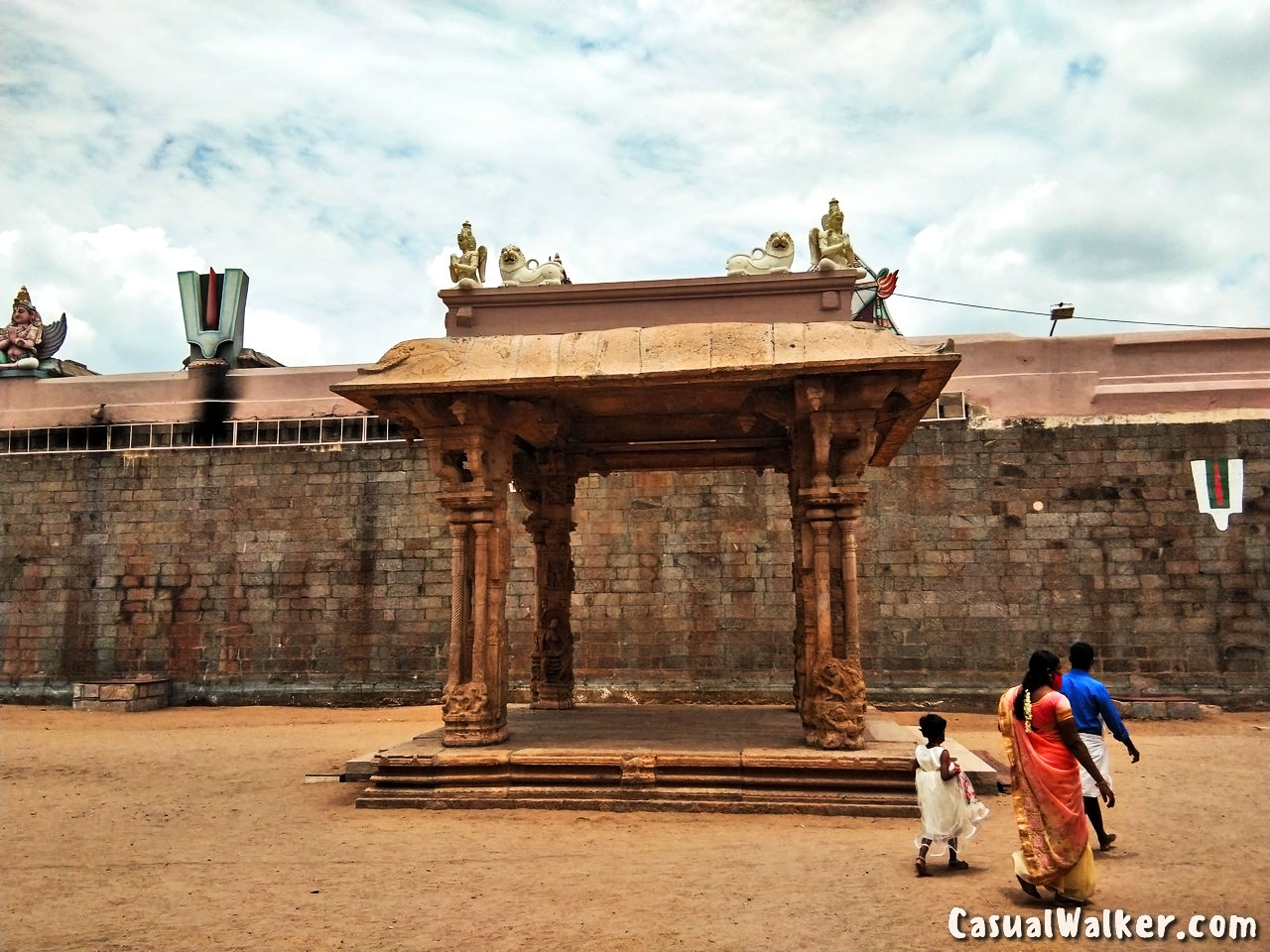
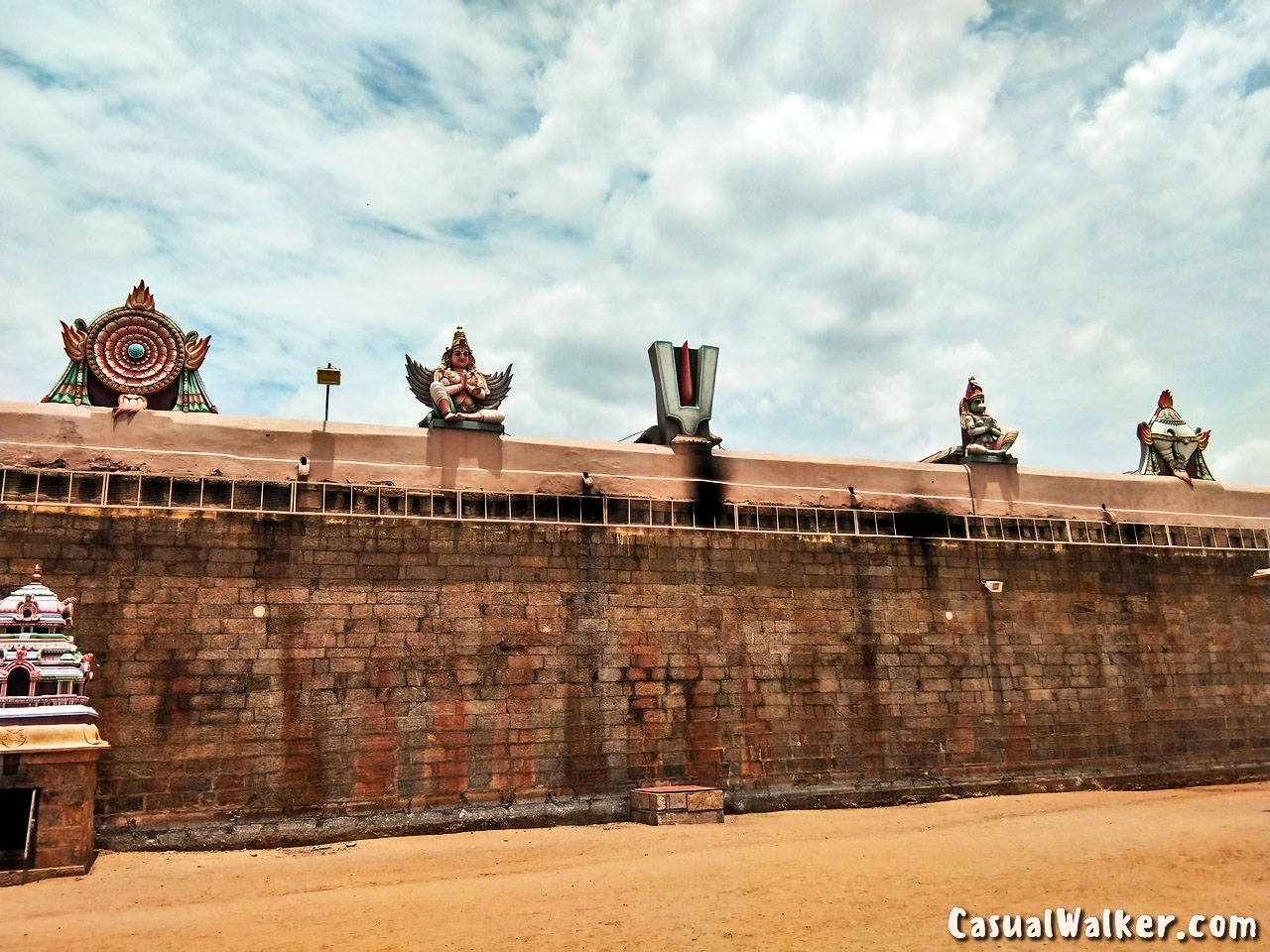
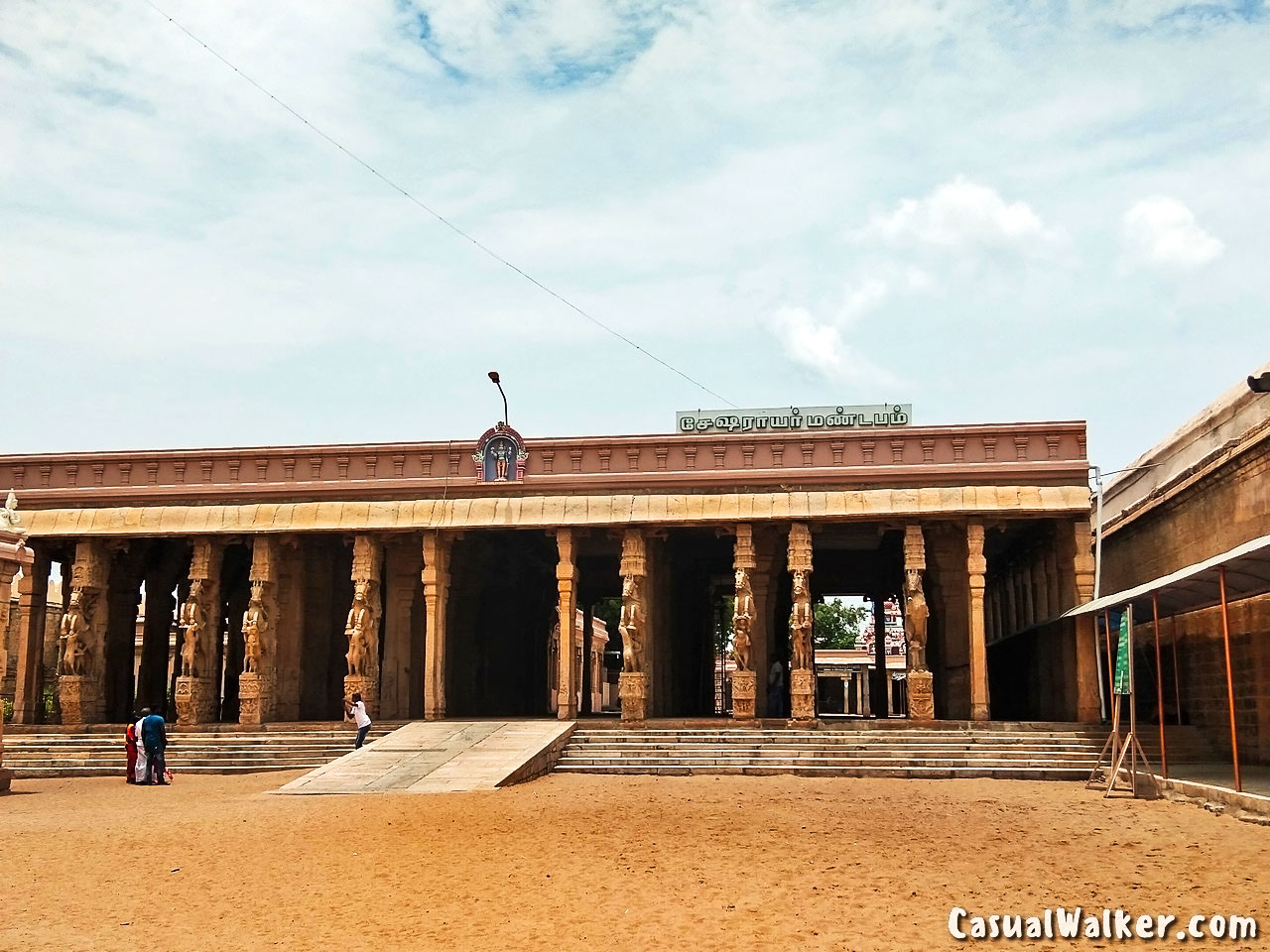
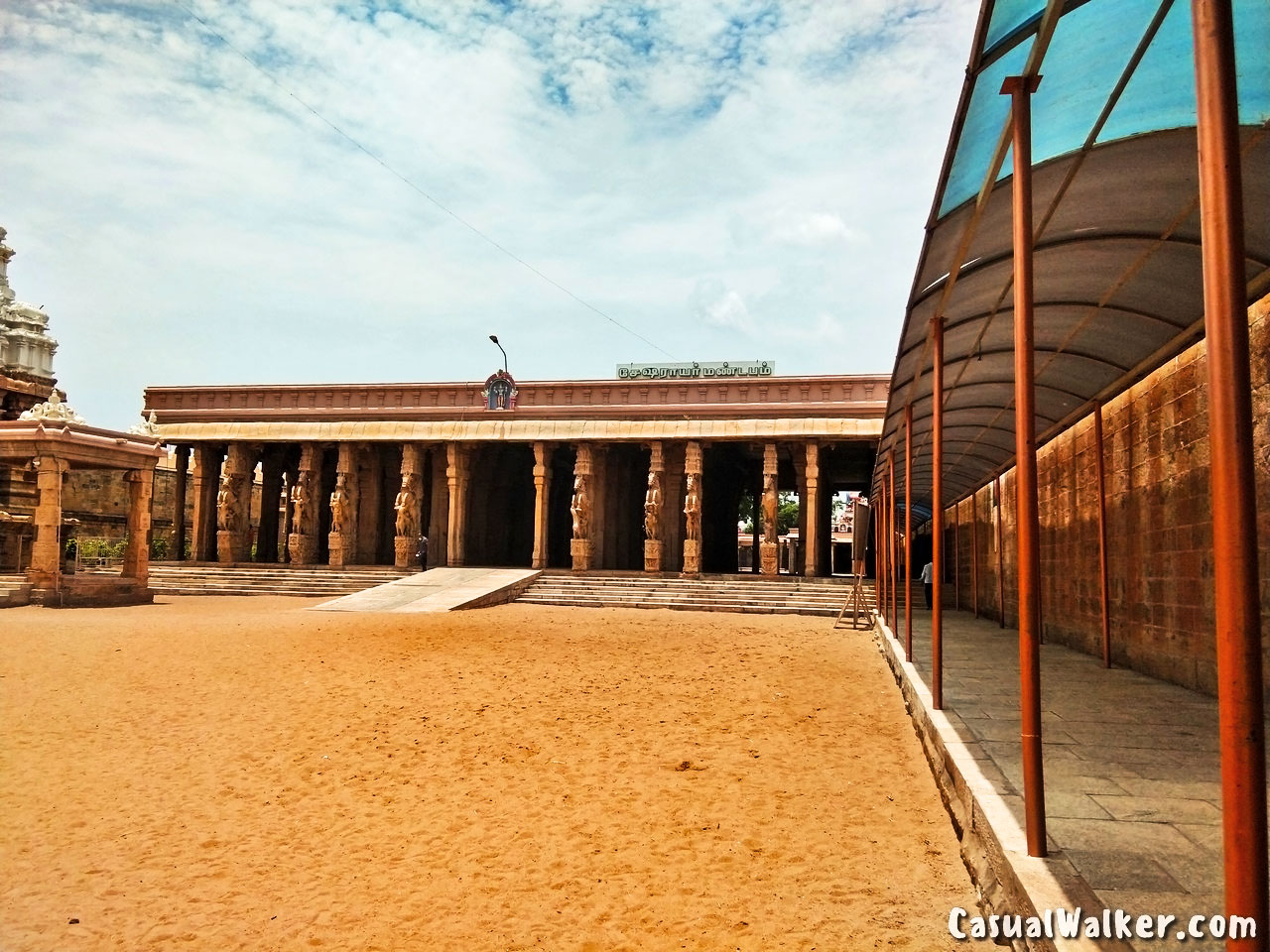
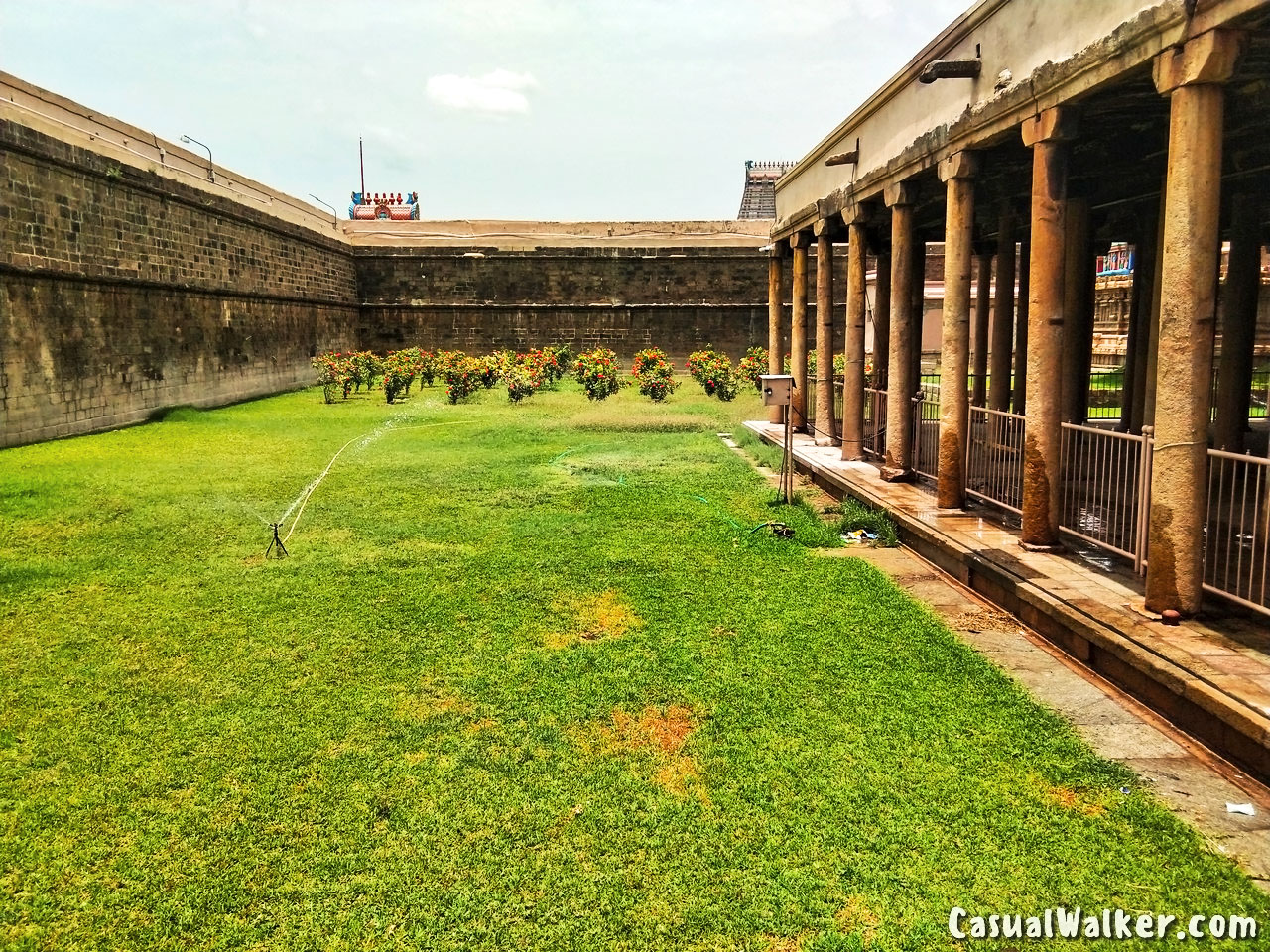
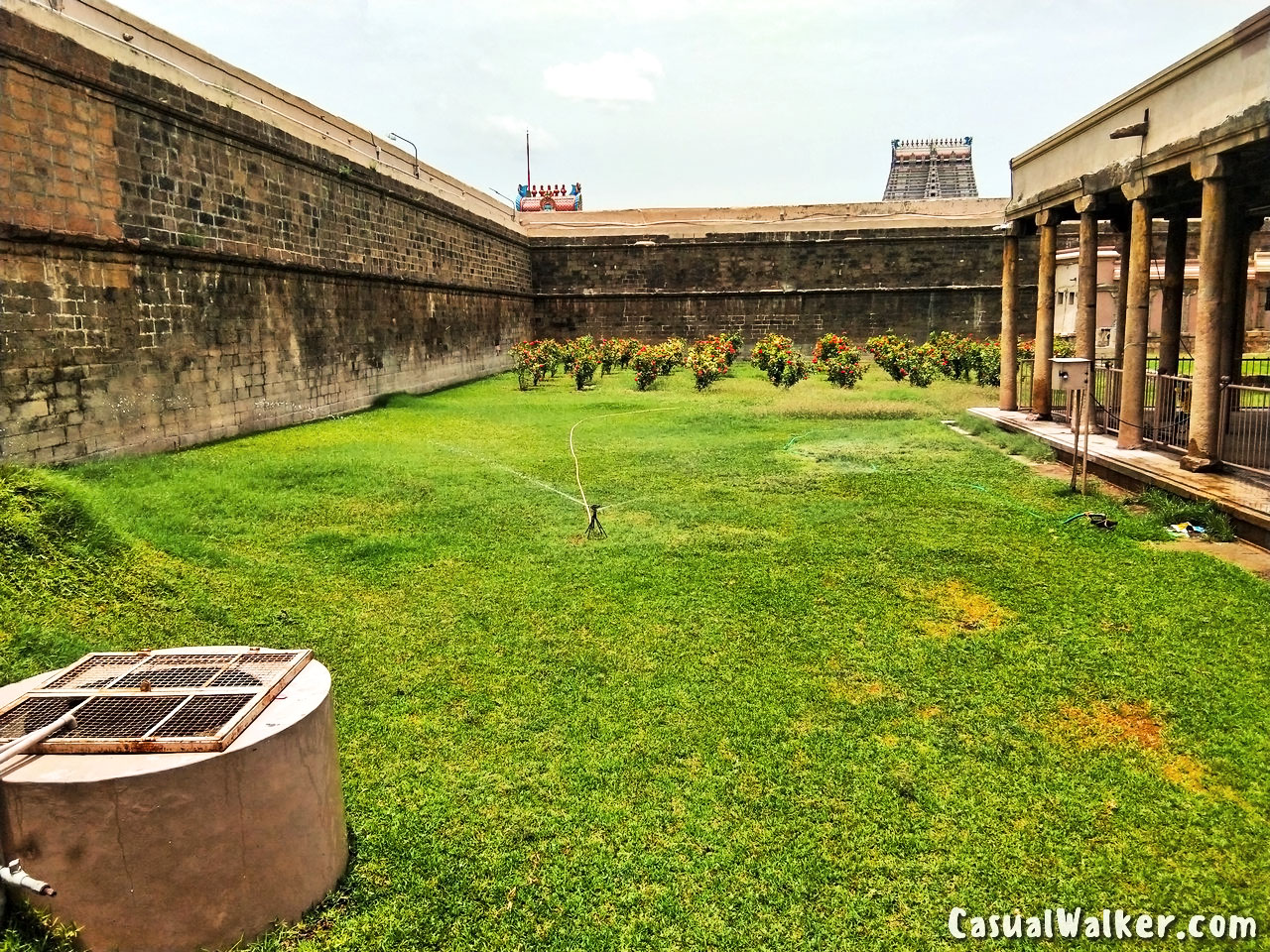
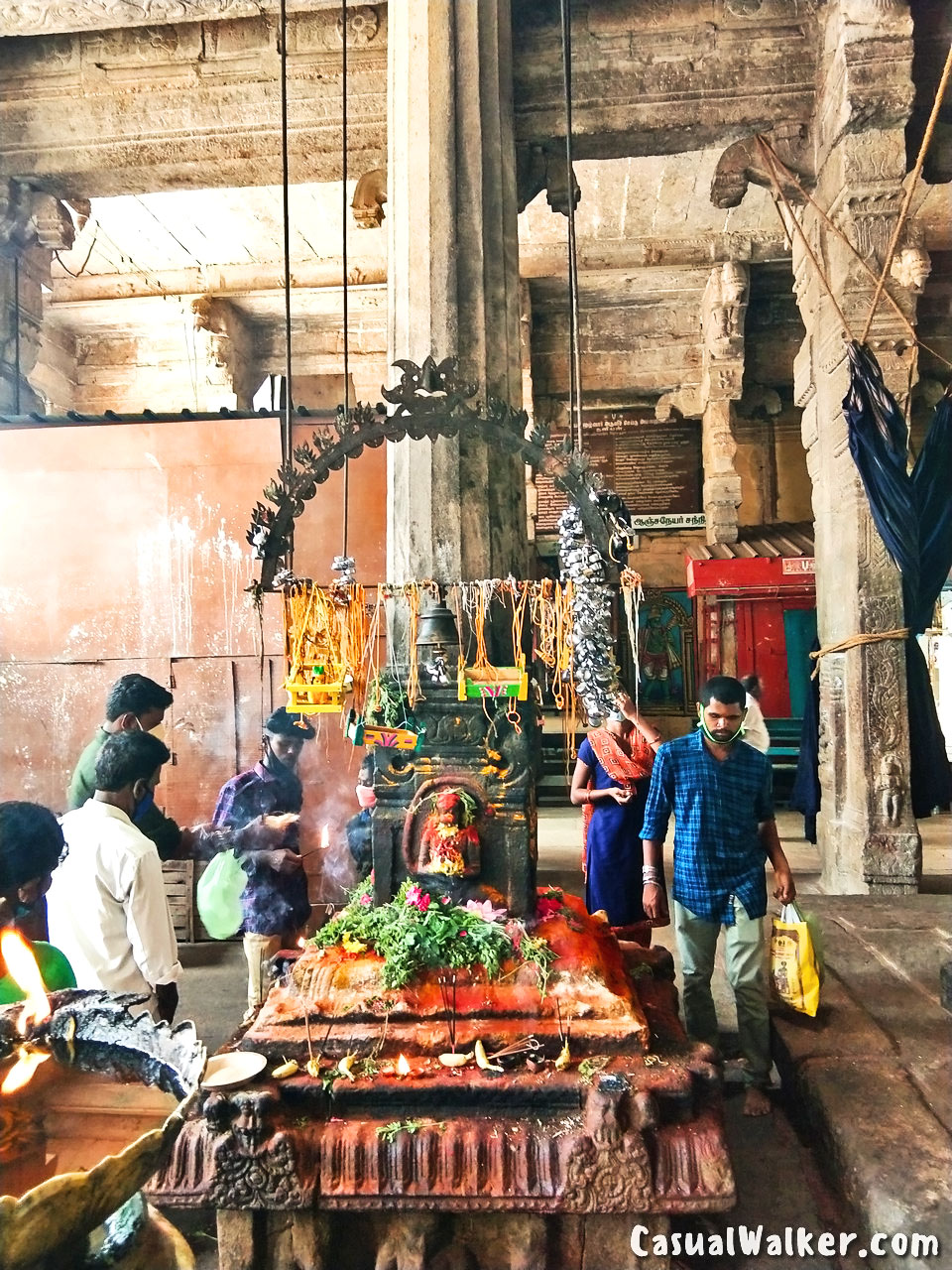
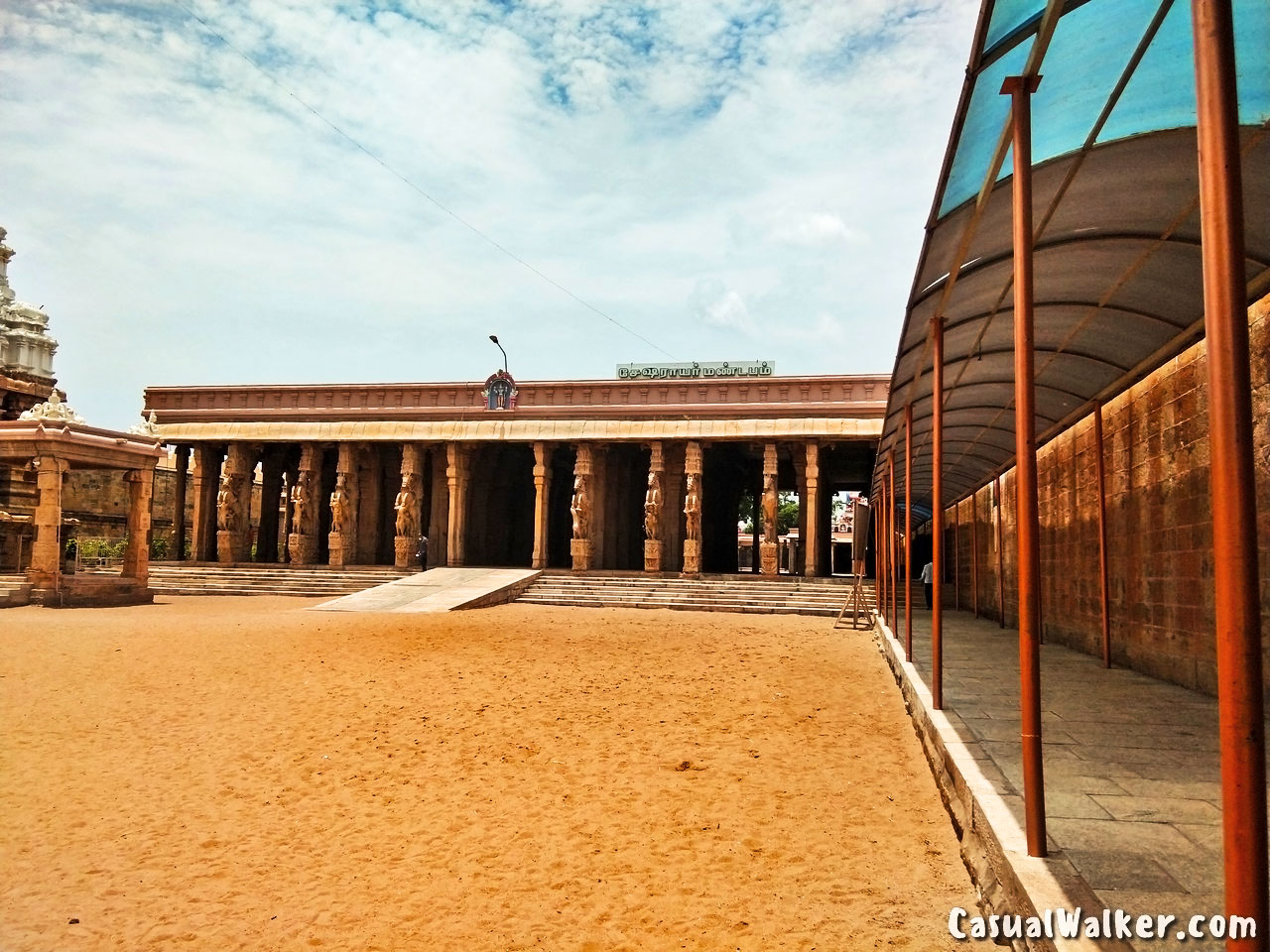
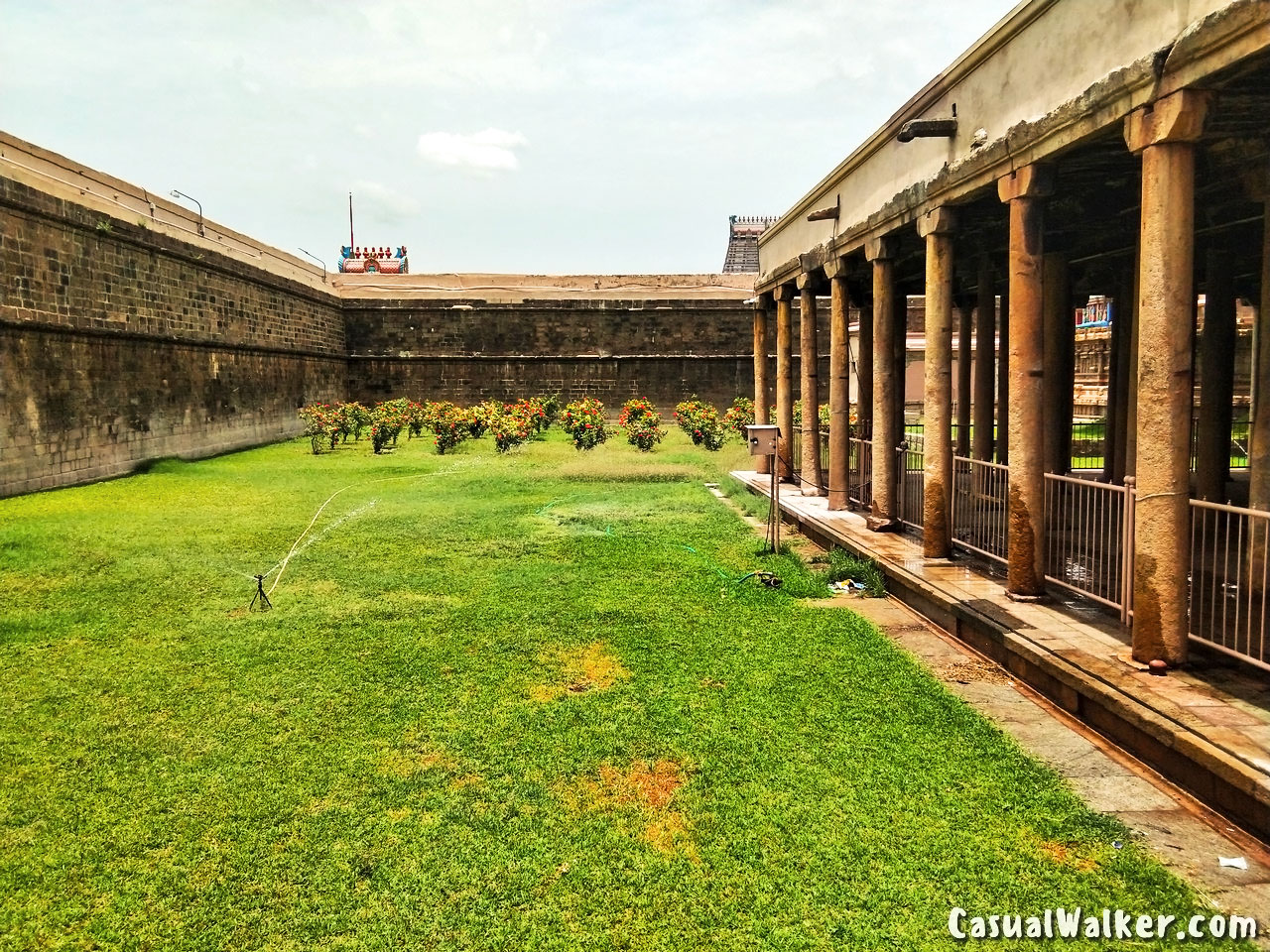
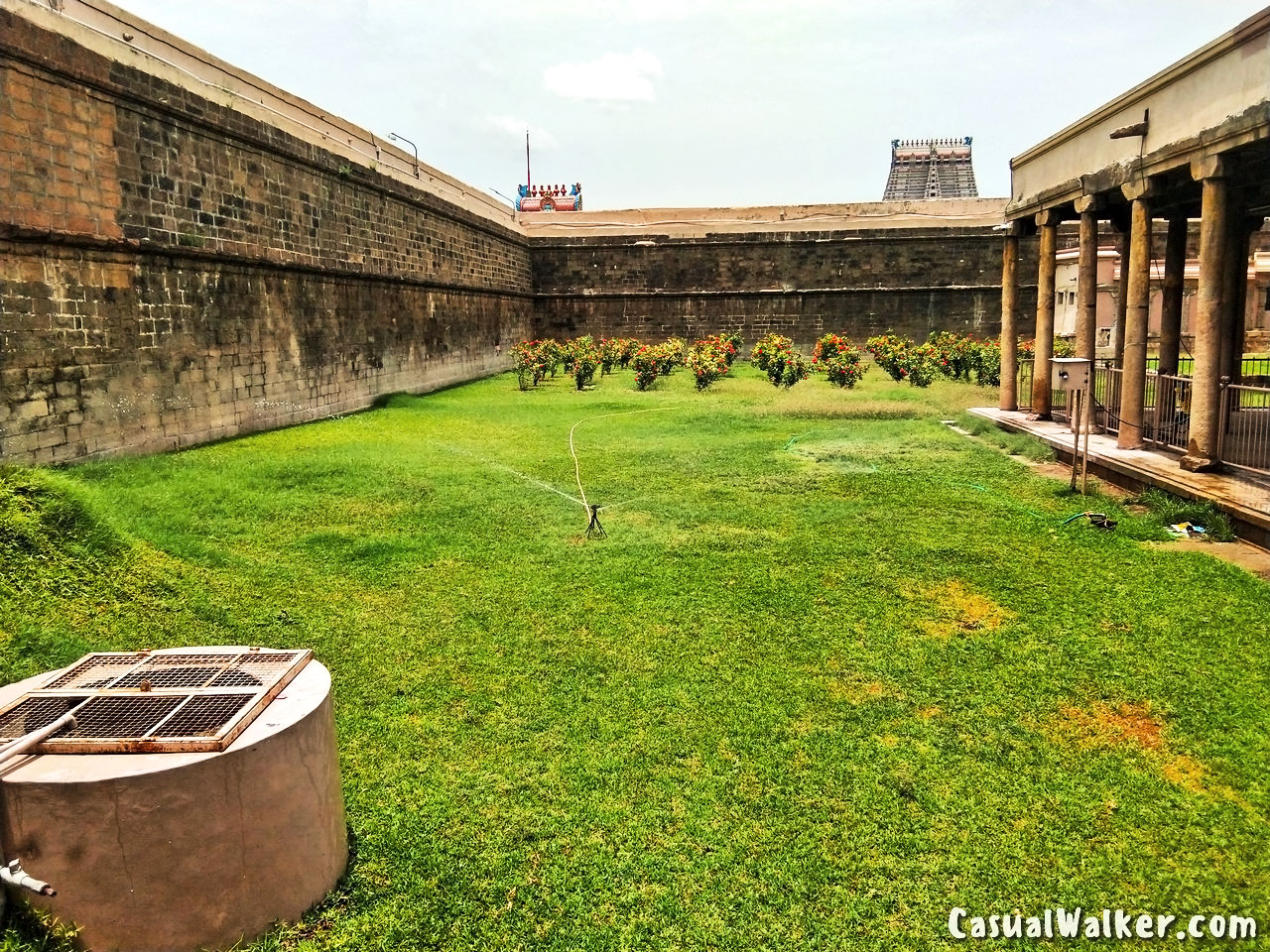
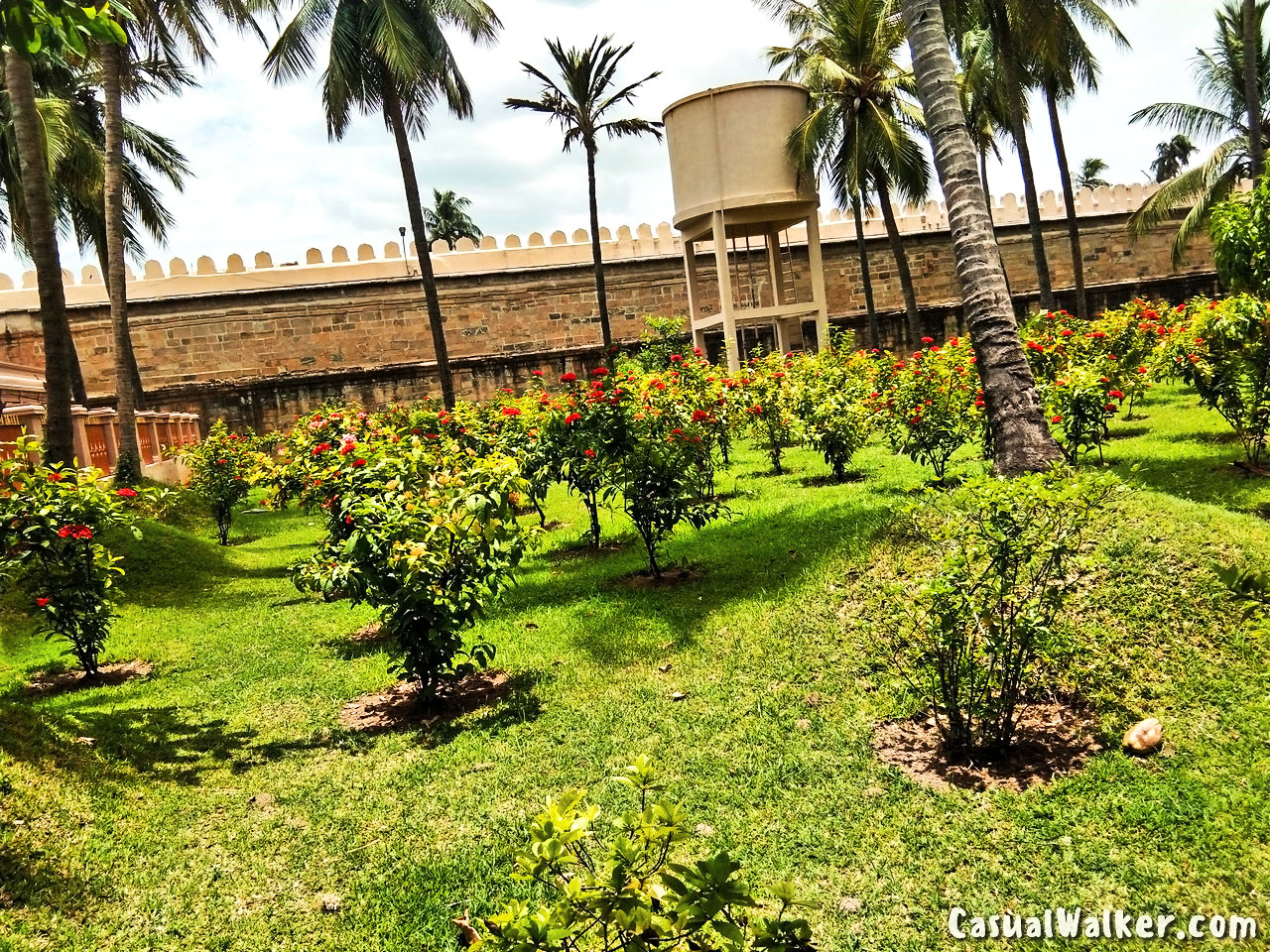
Nandavanams – the Flower gardens
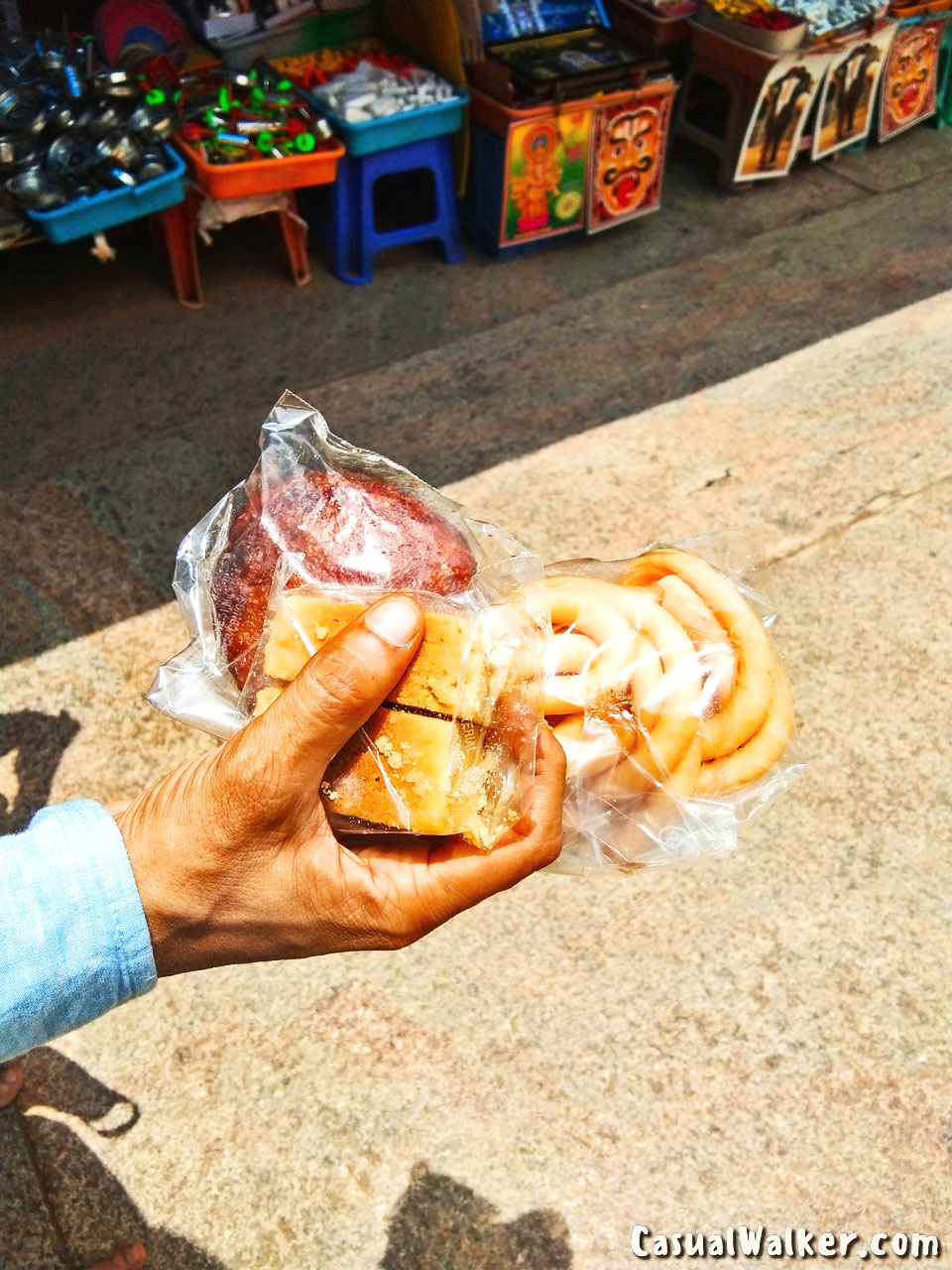
srirangam temple prasadam
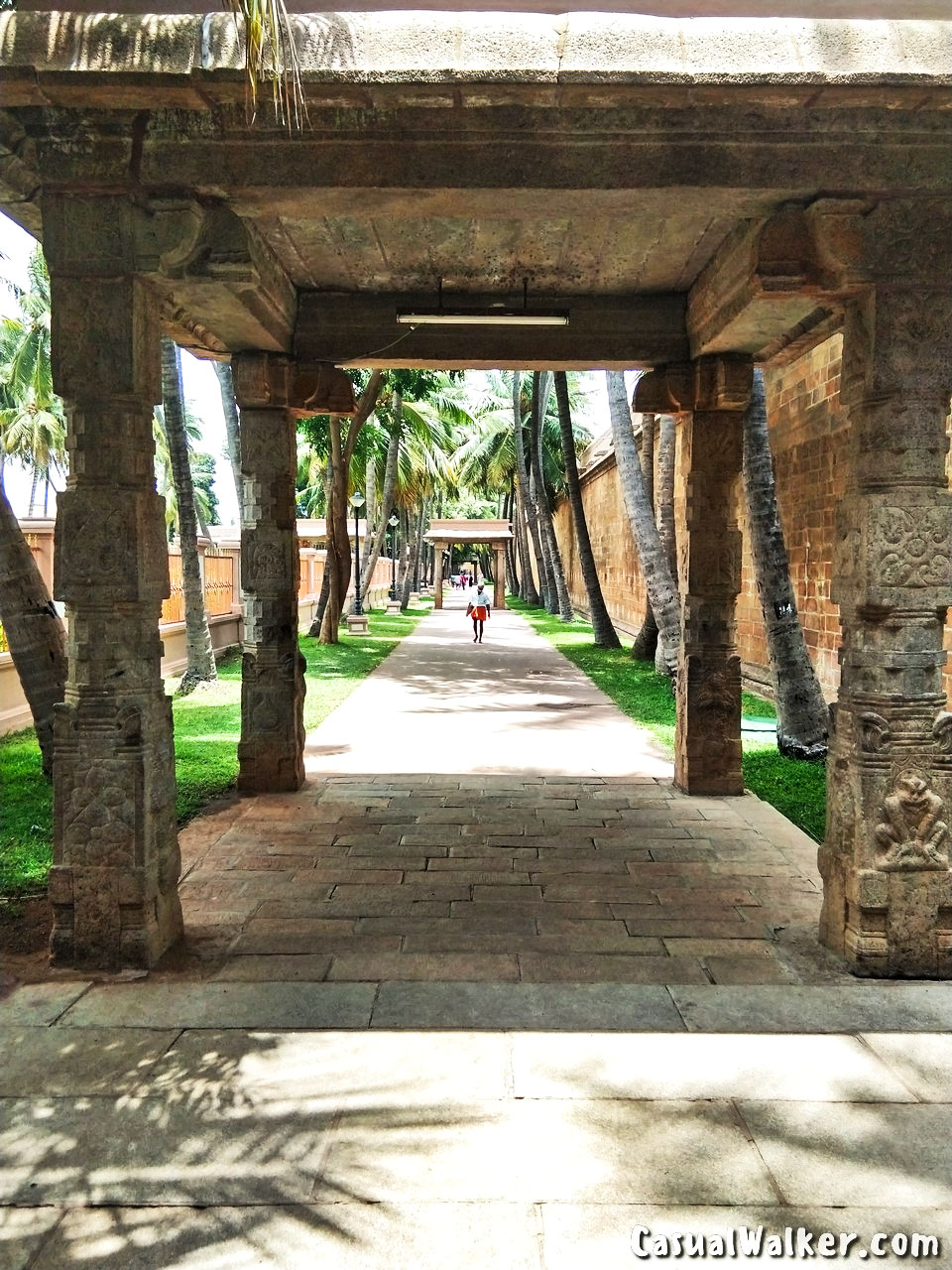
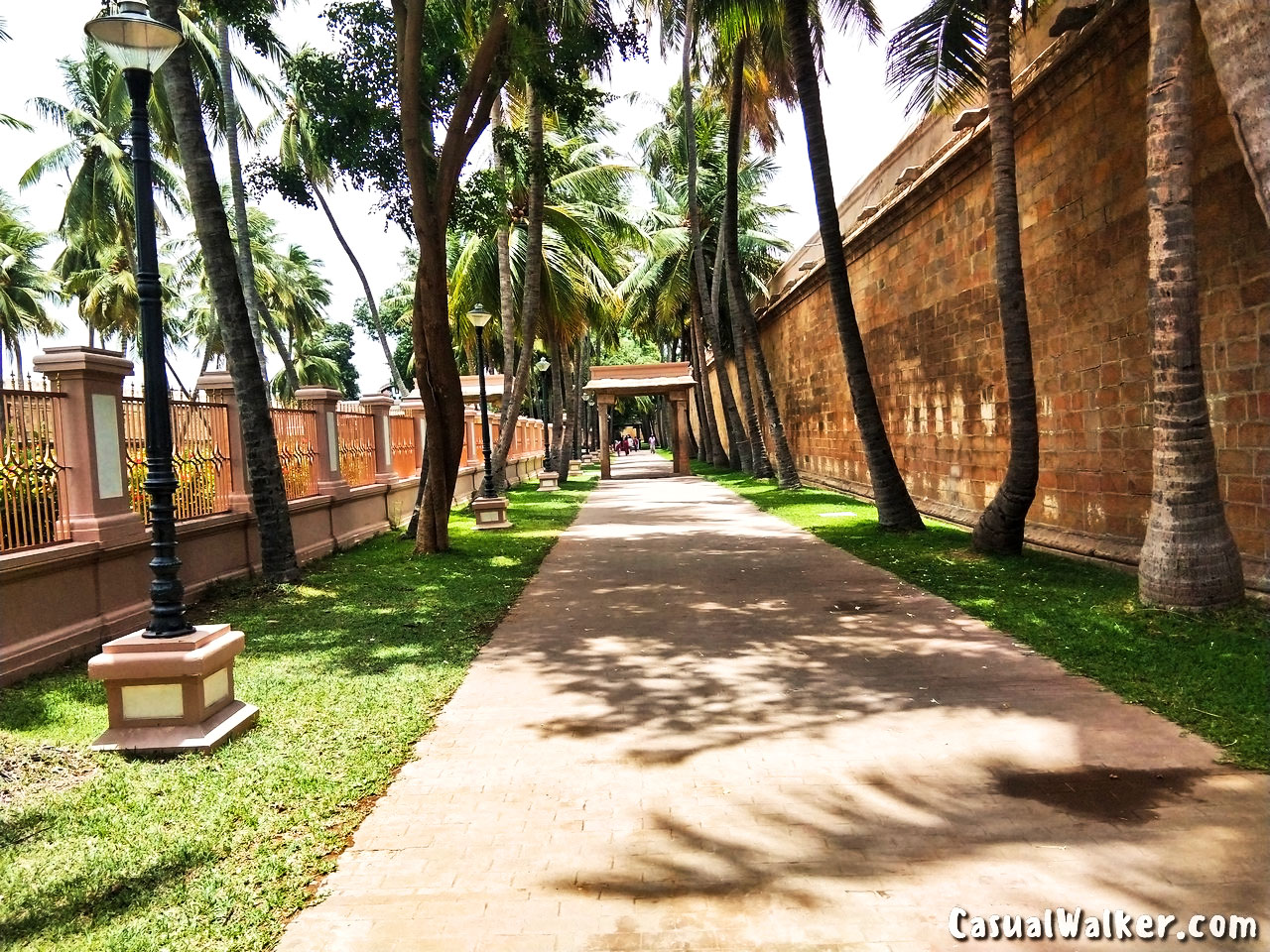

Similar Famous Lord Vishnu Temples you may like to Visit:




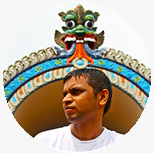










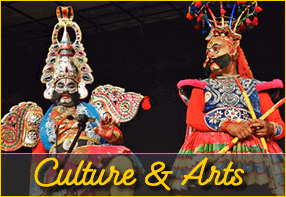
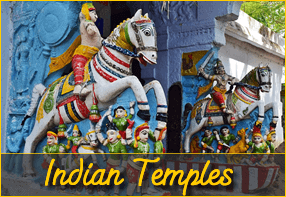

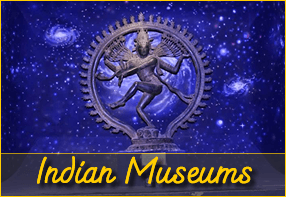

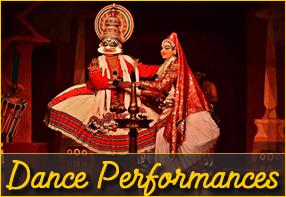

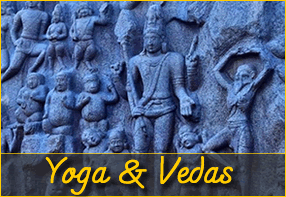
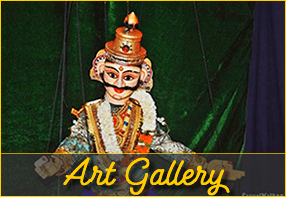



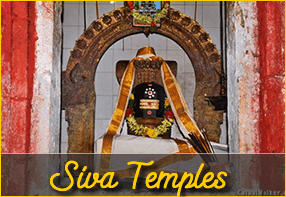
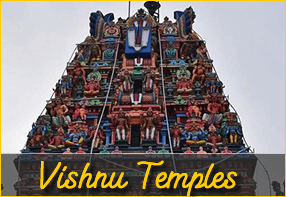
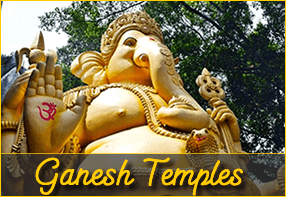
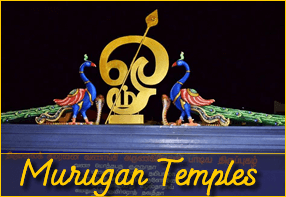
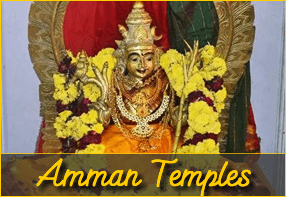
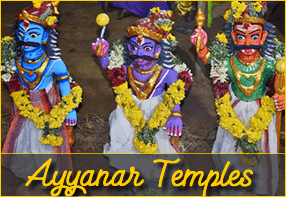
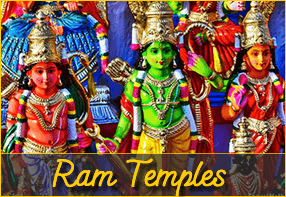
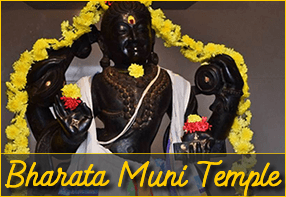
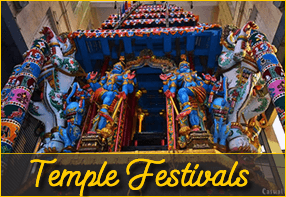
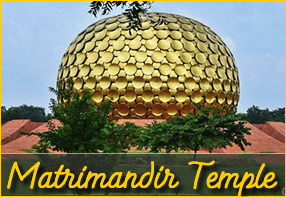
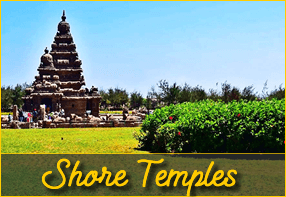
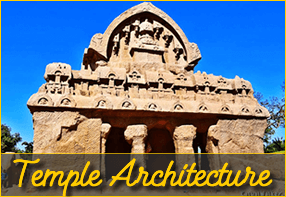
 Related Stories
Related Stories





